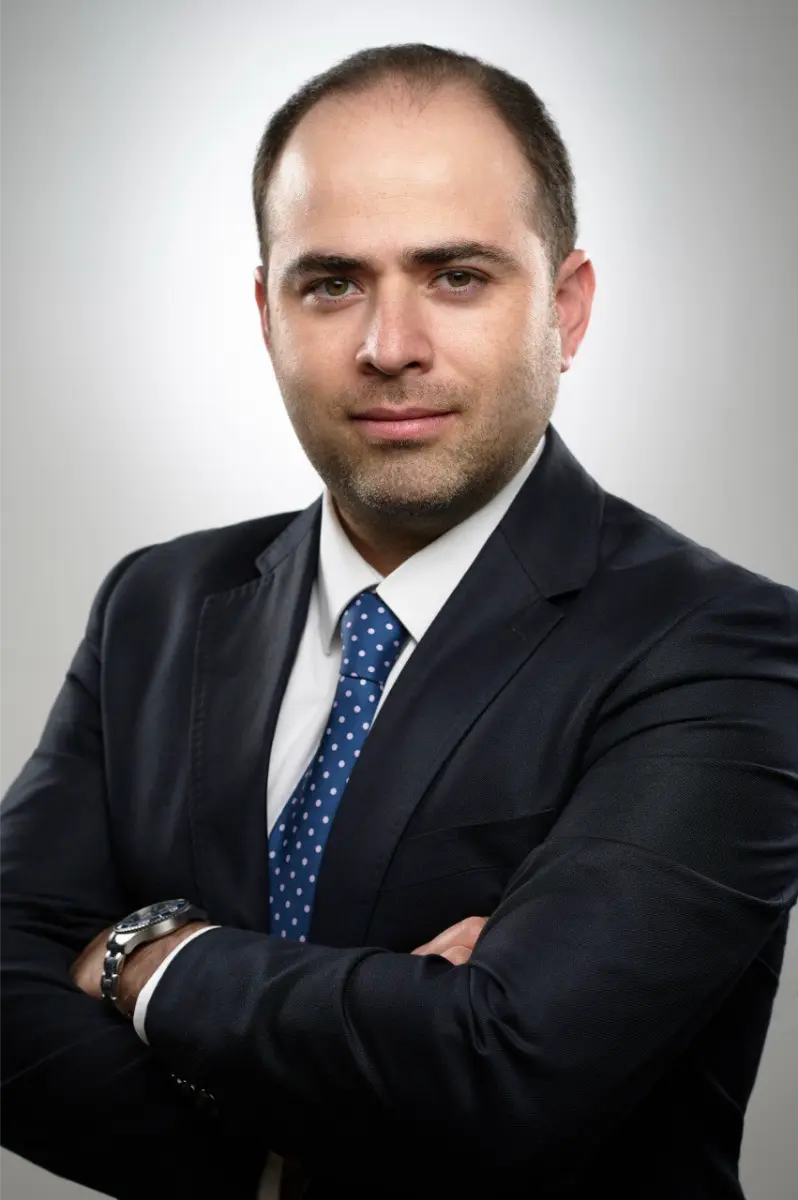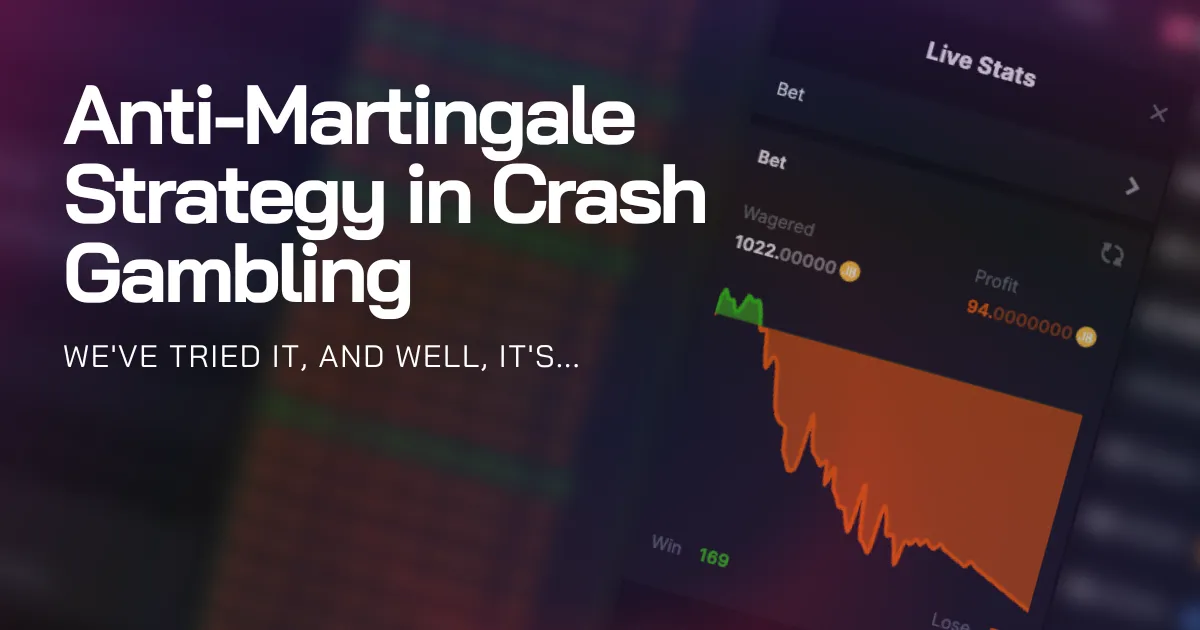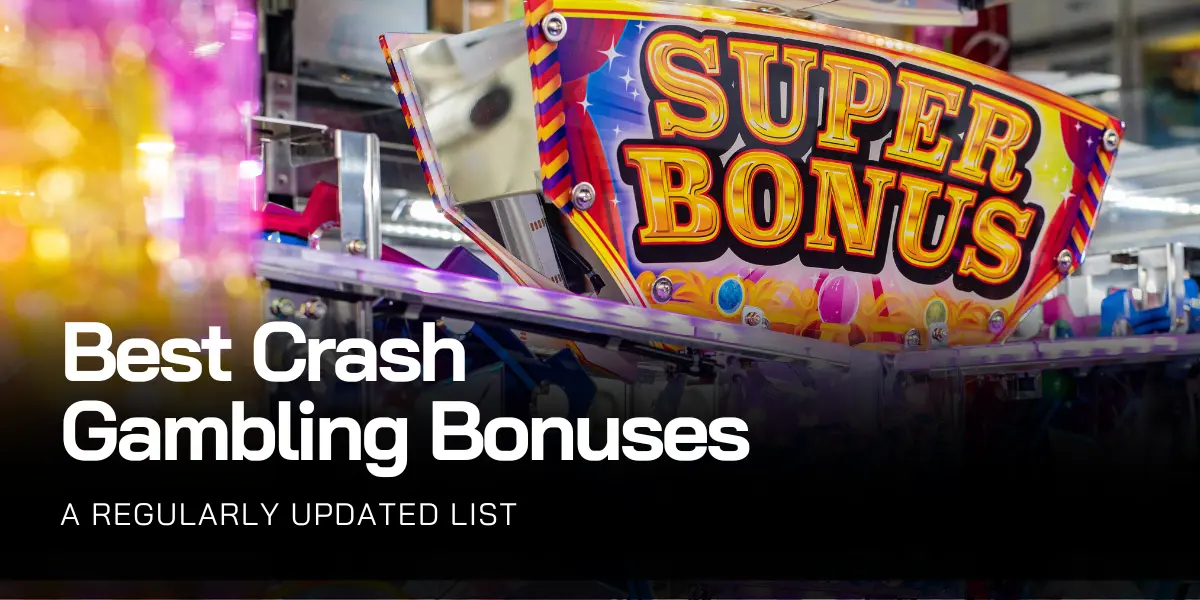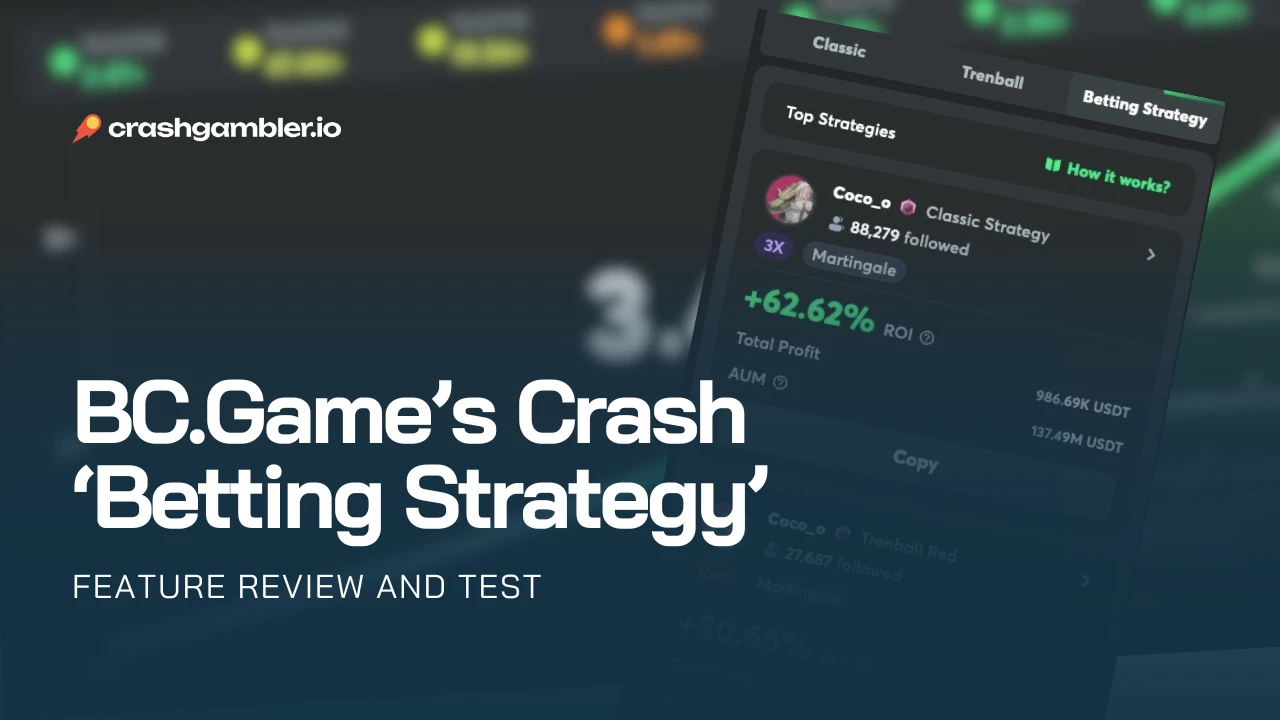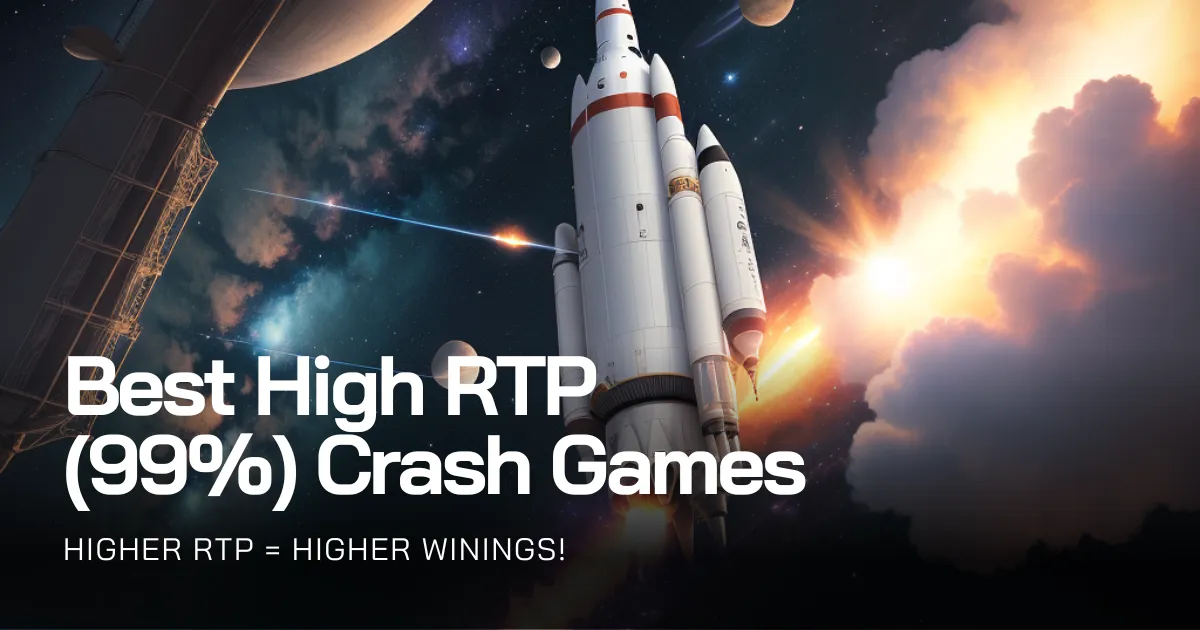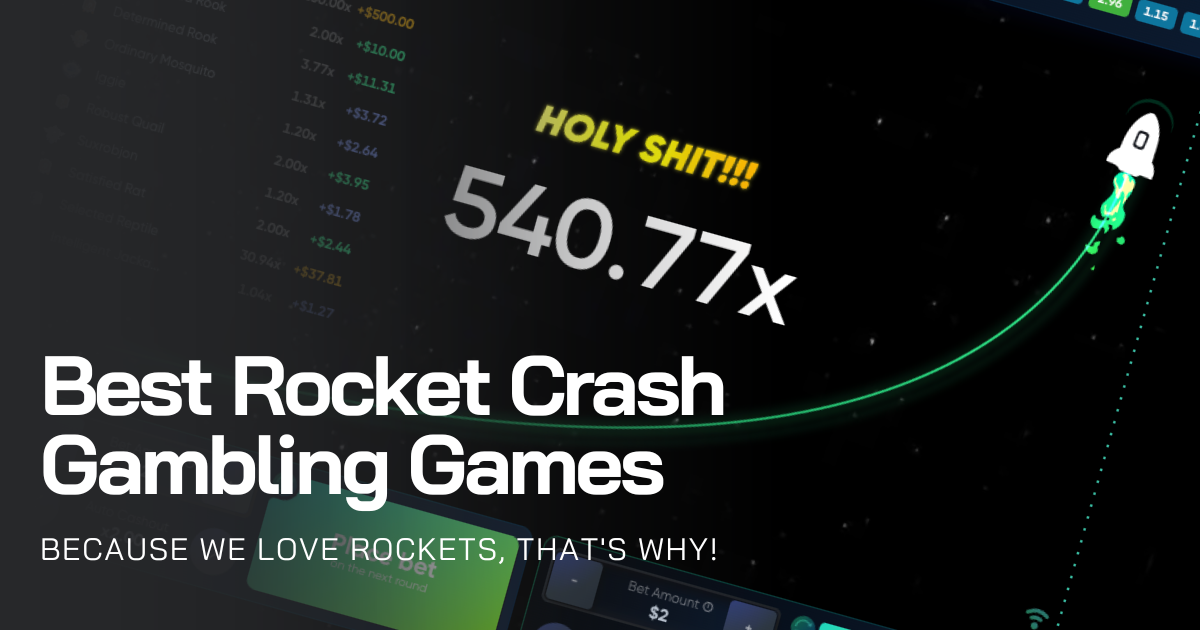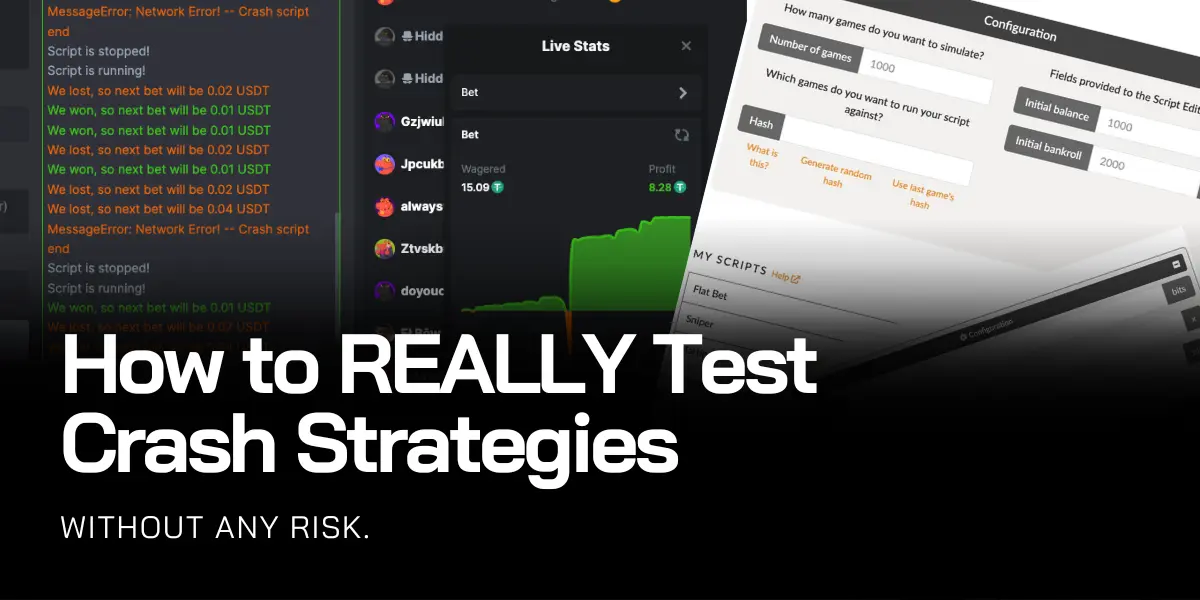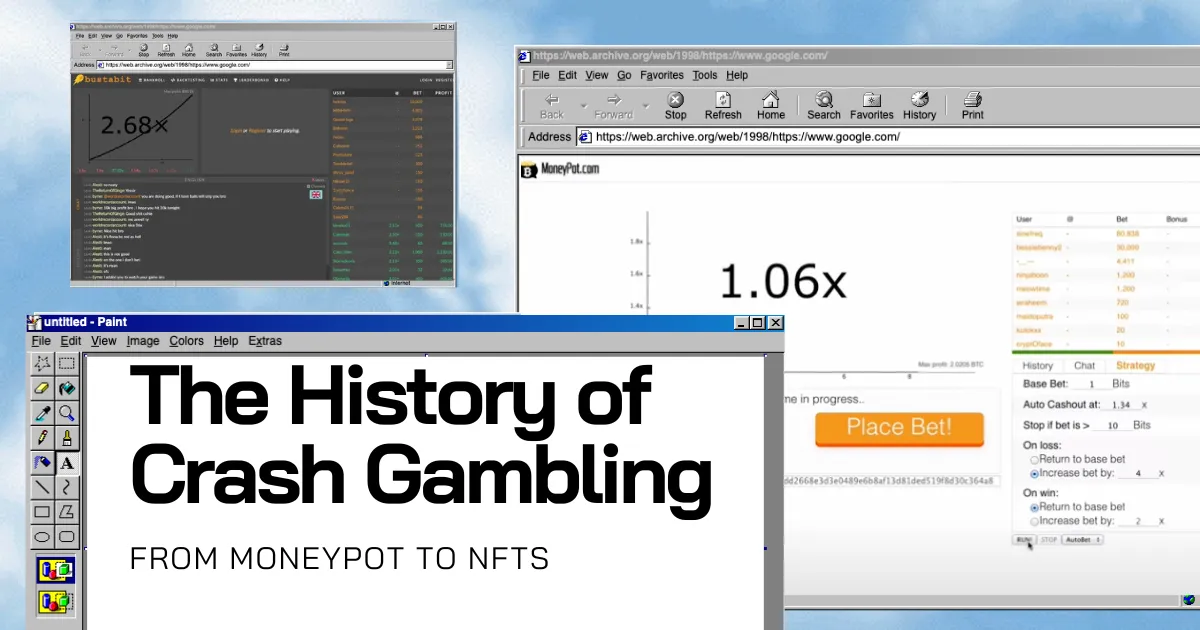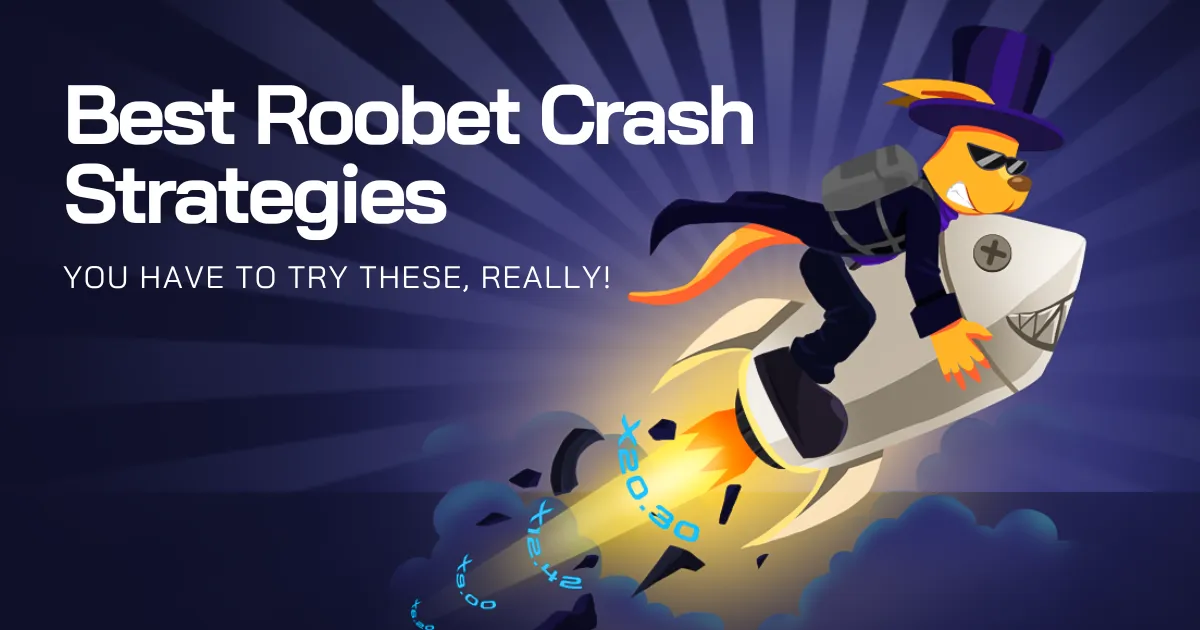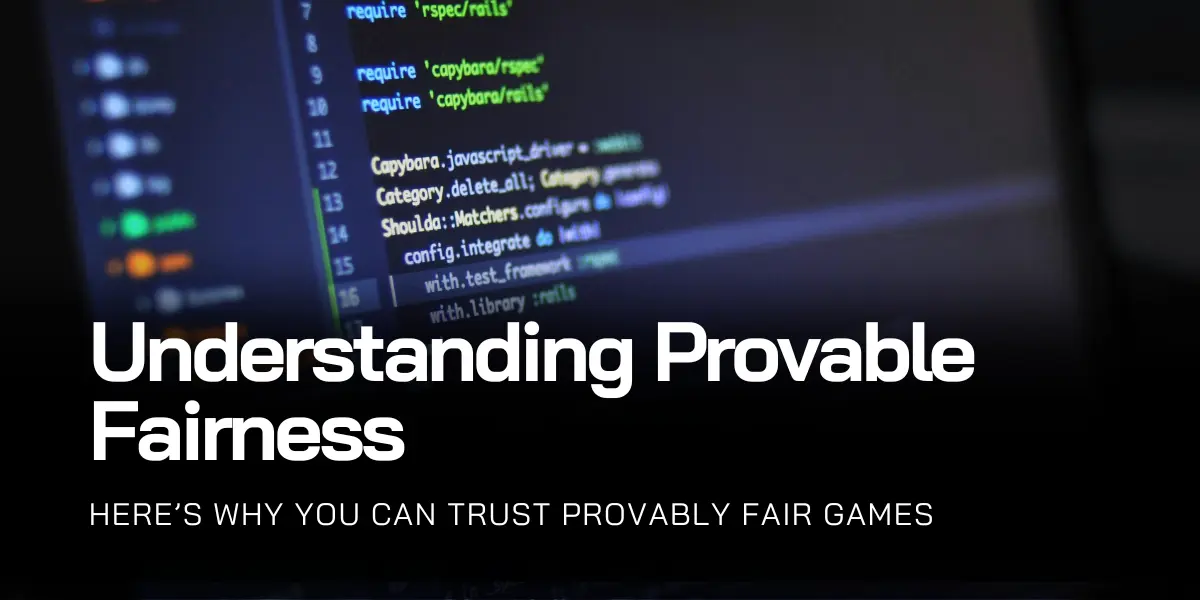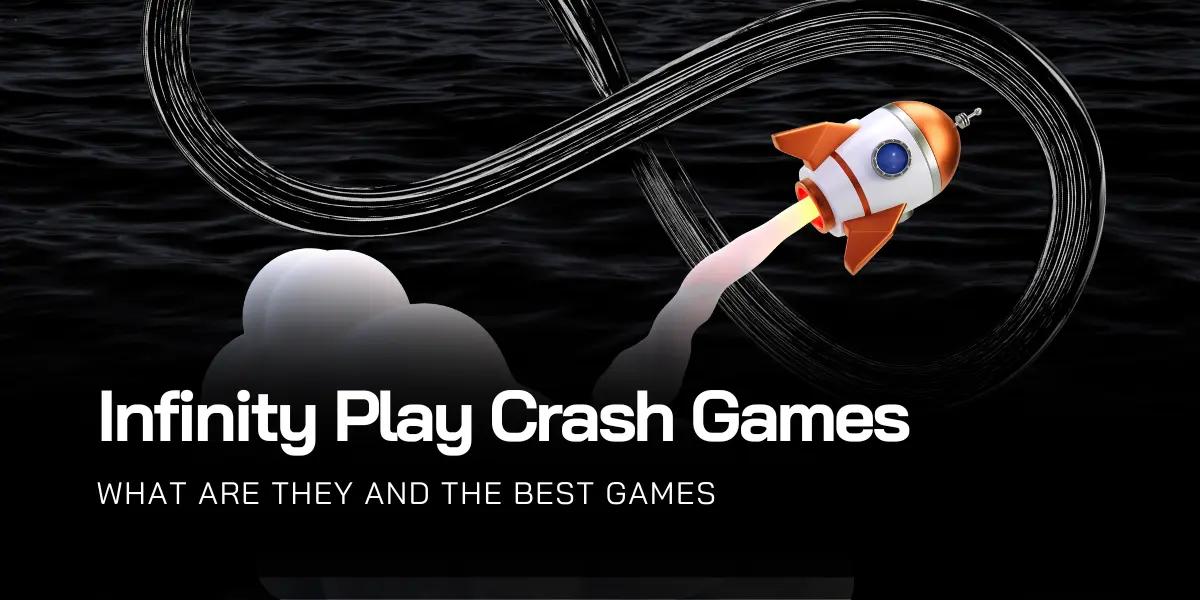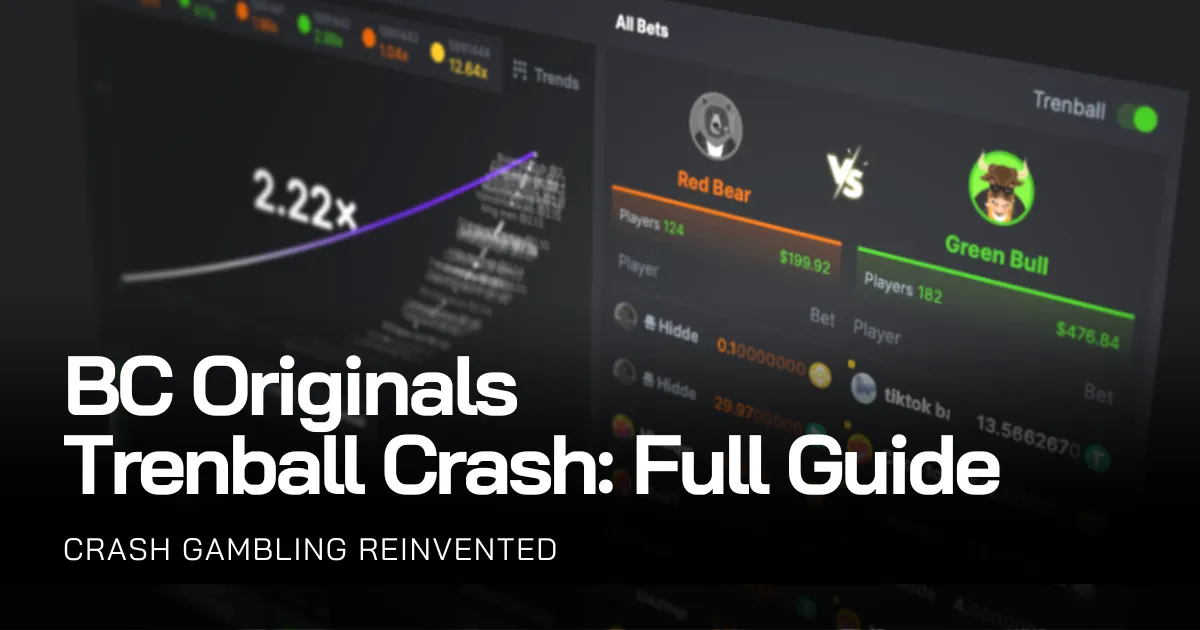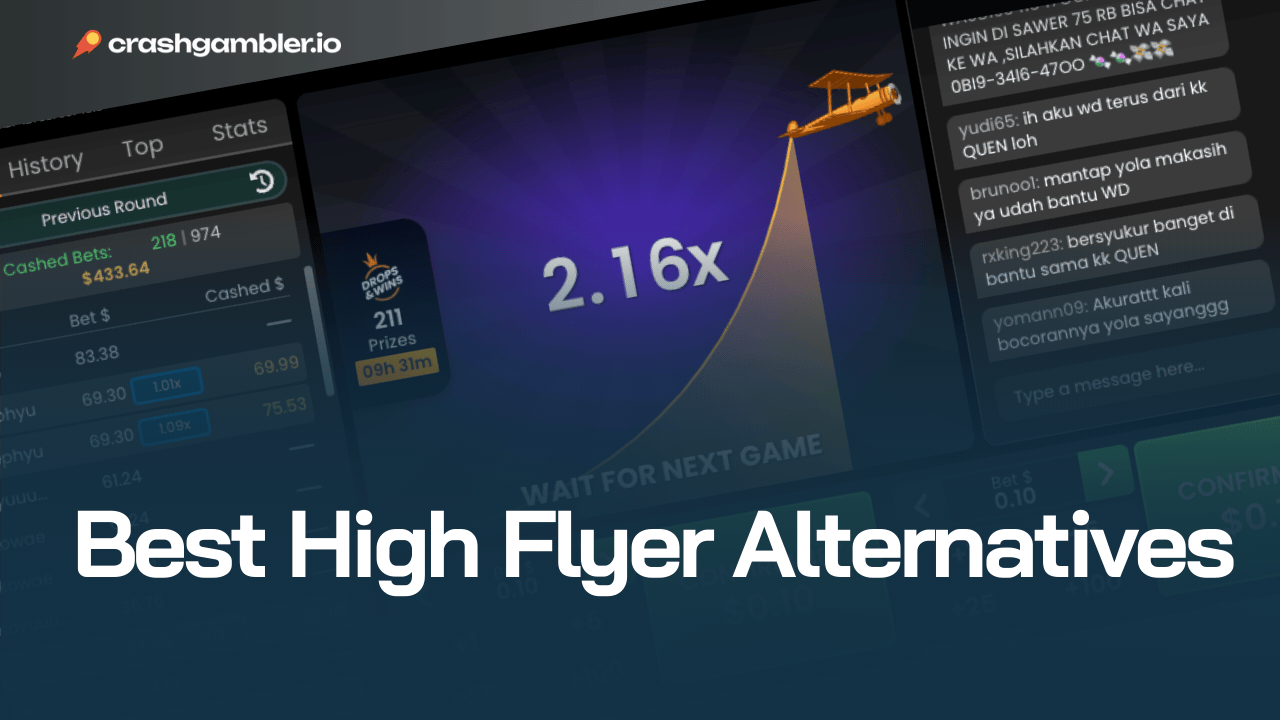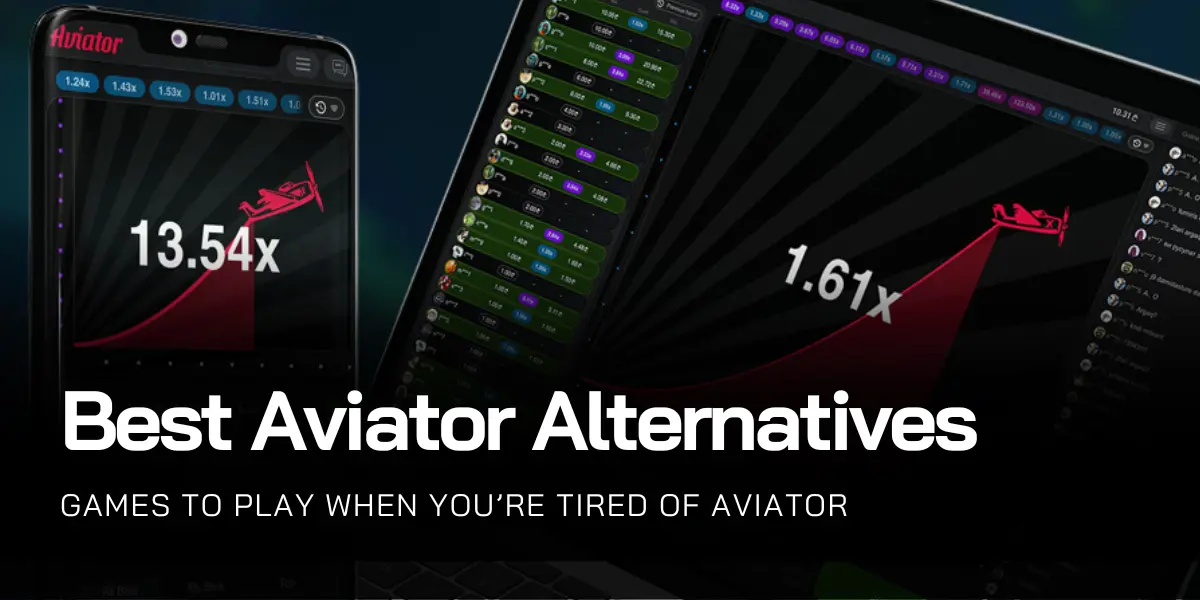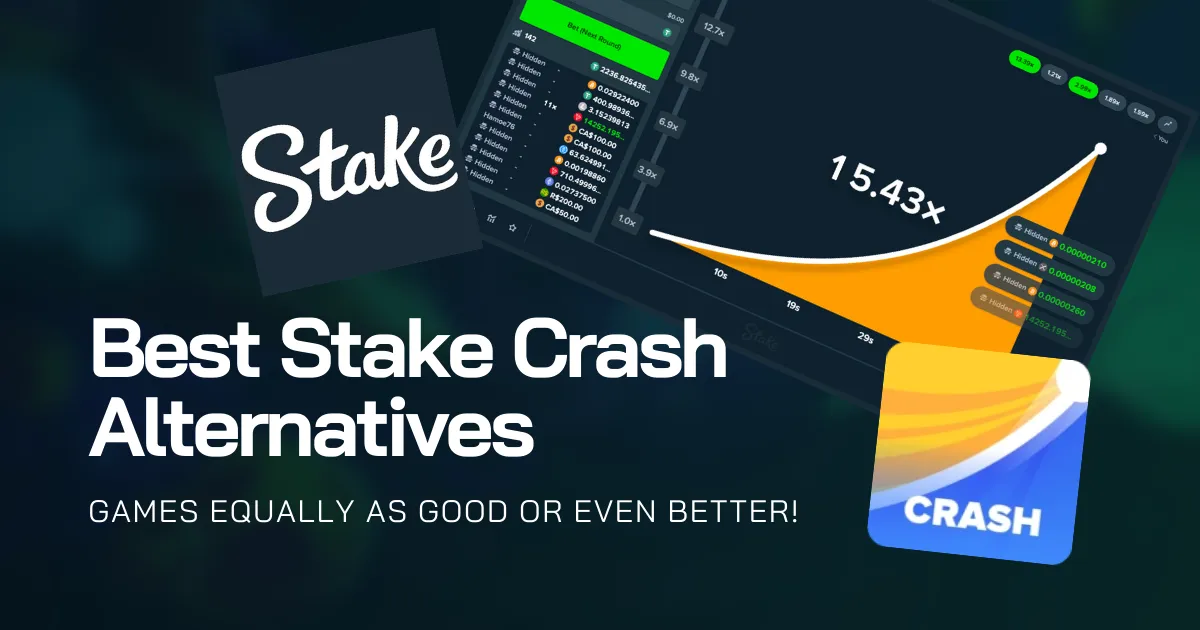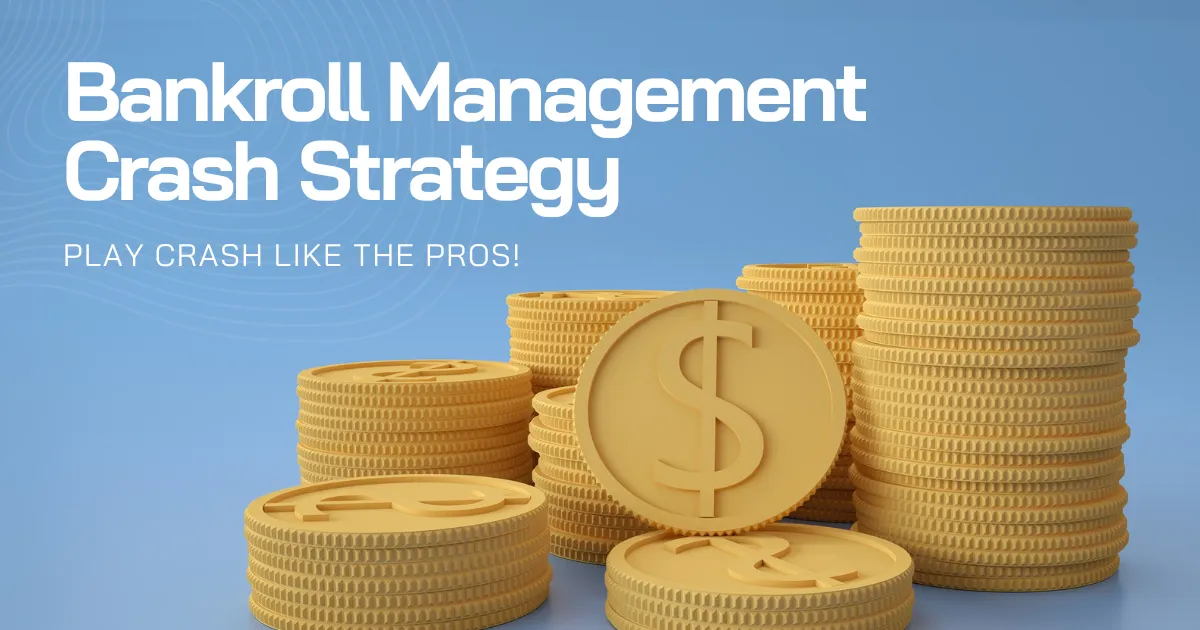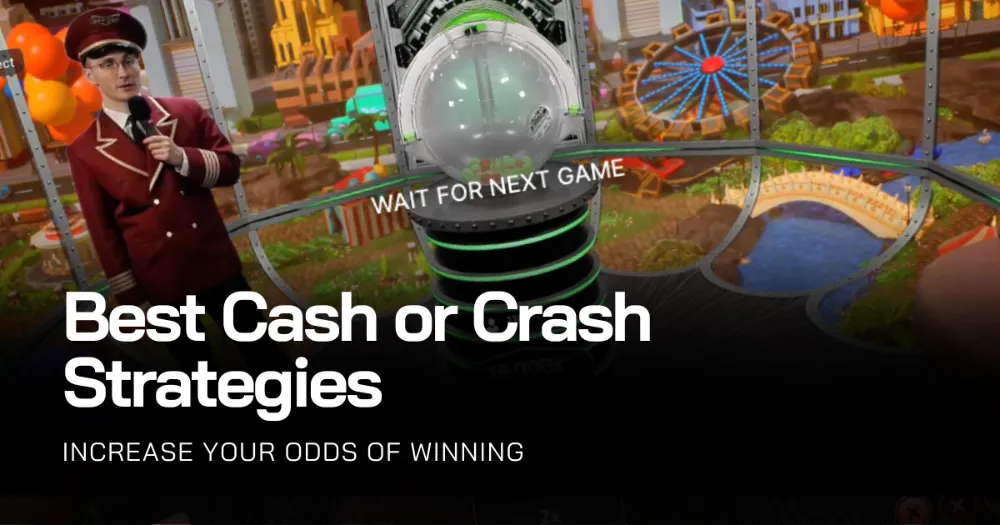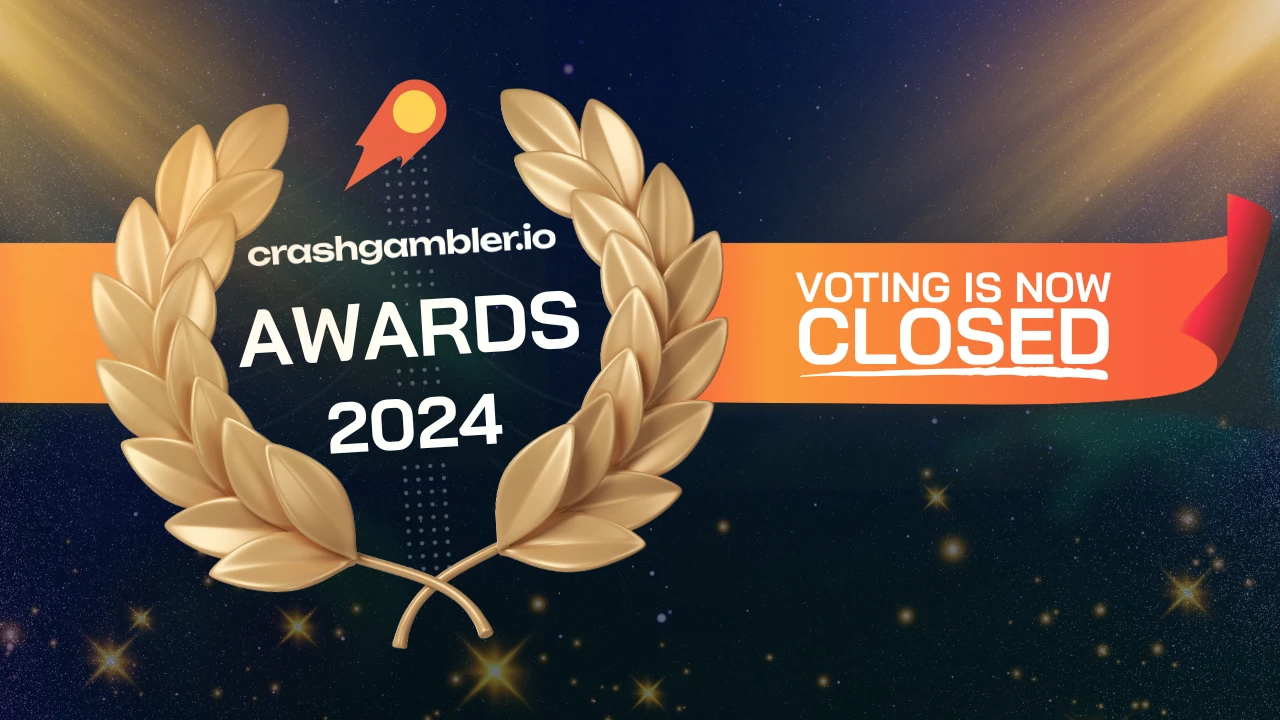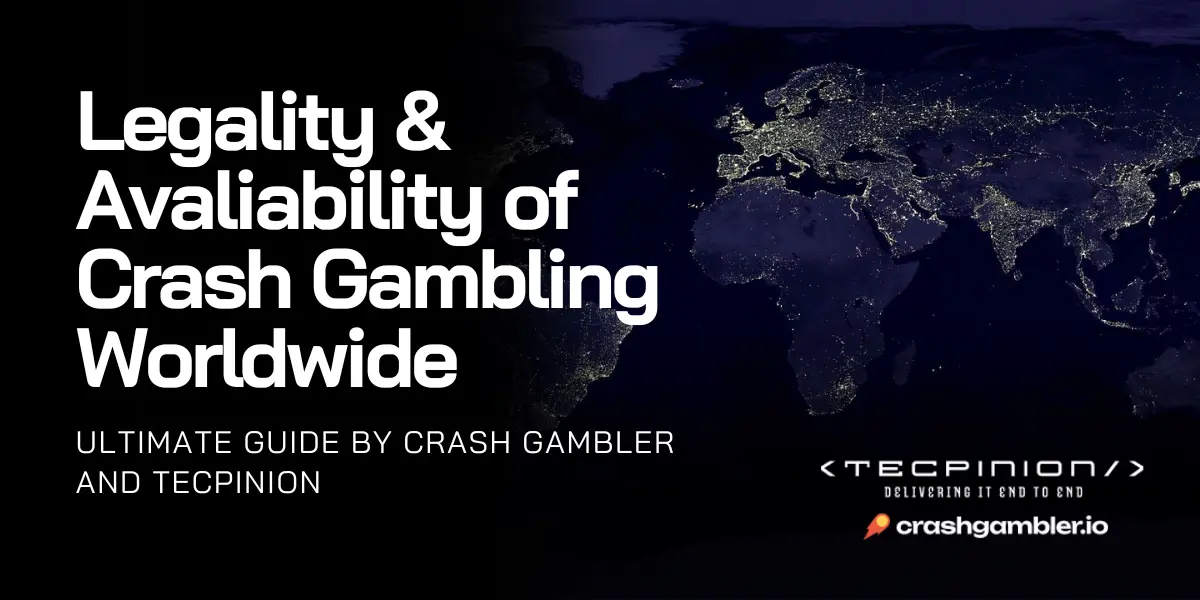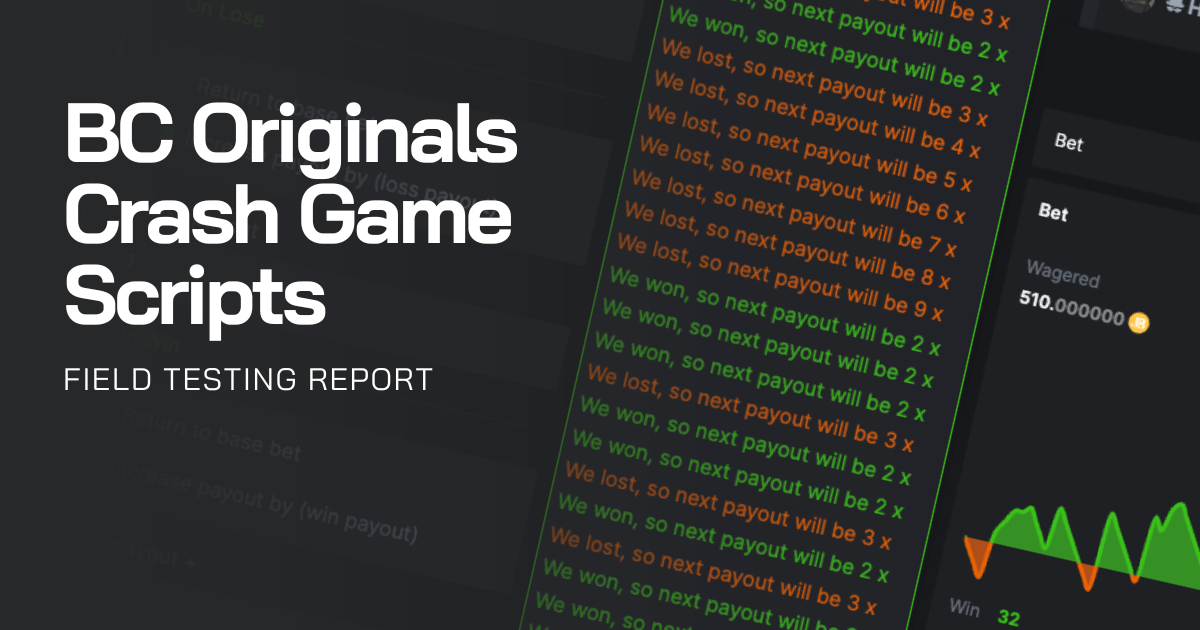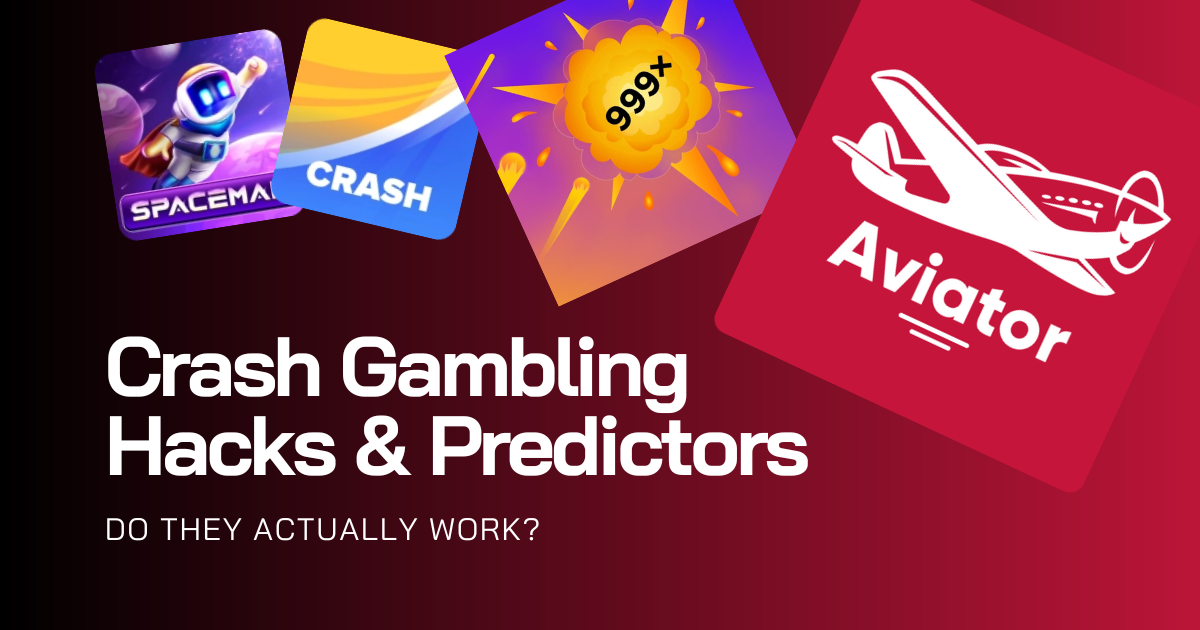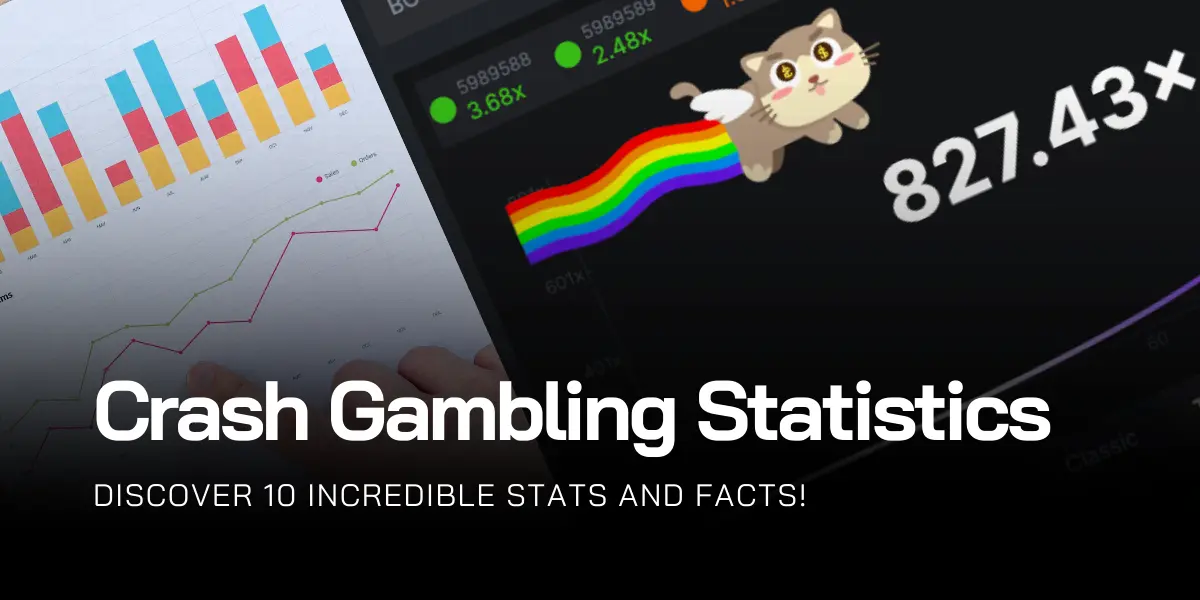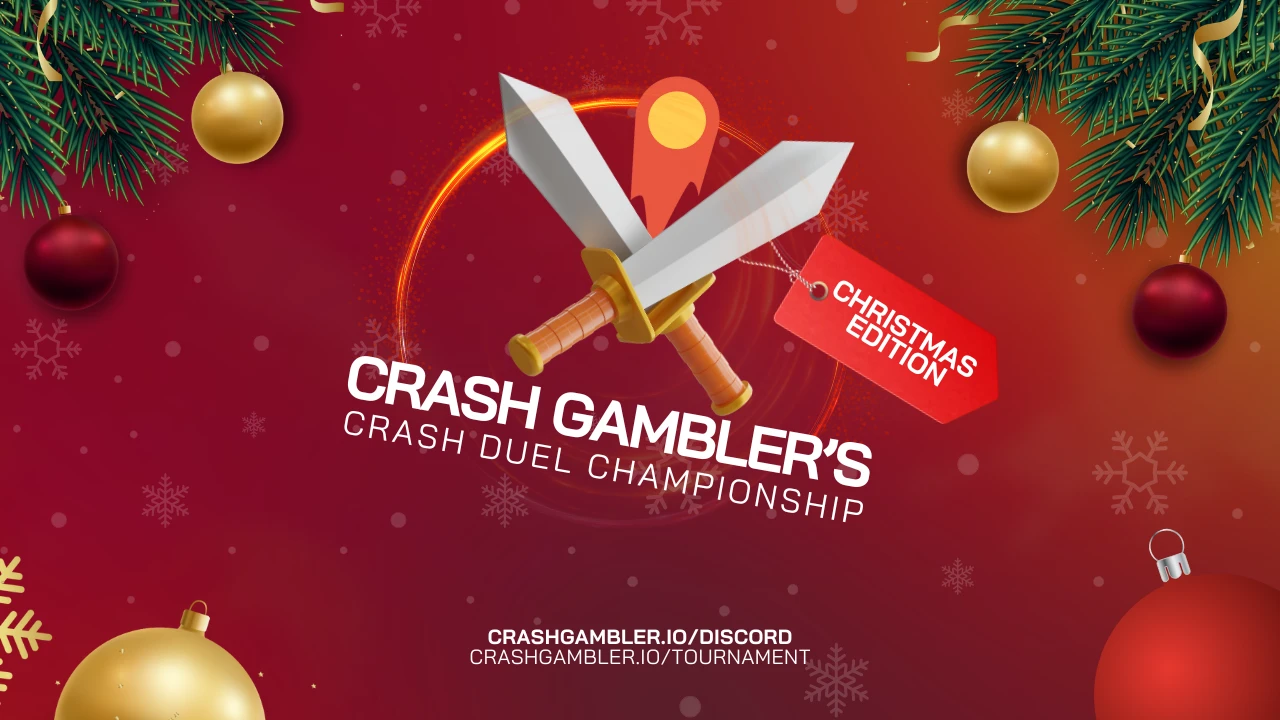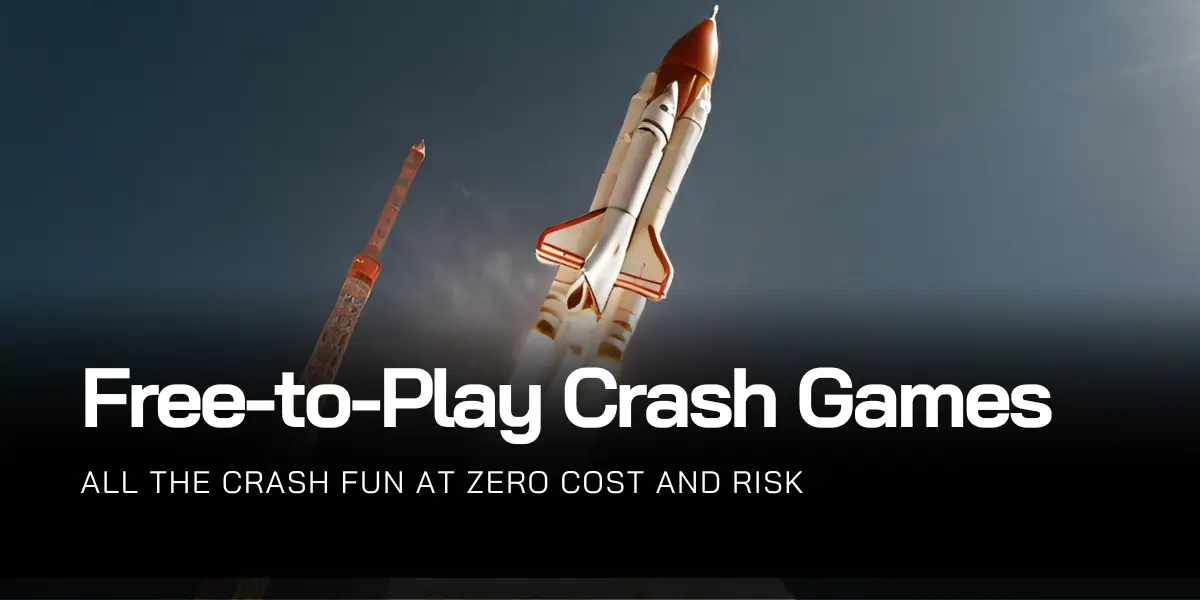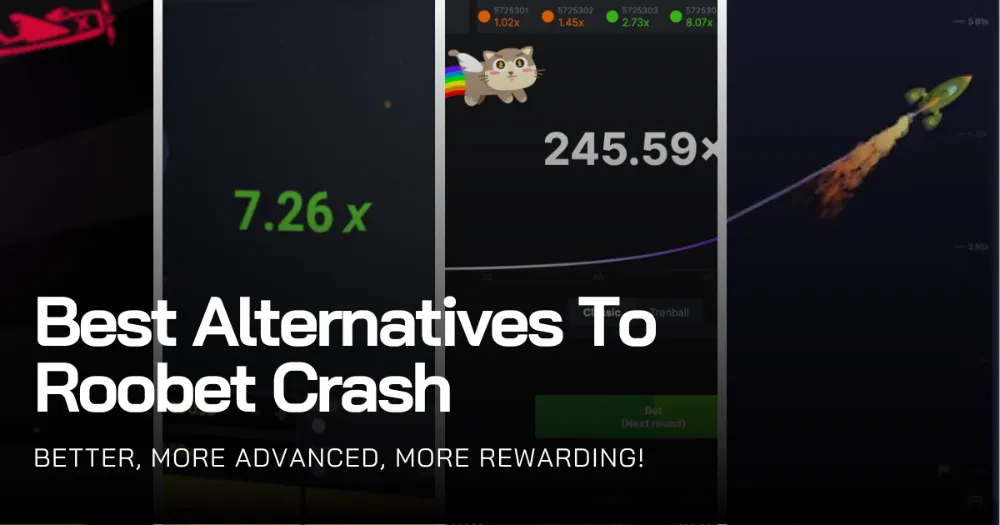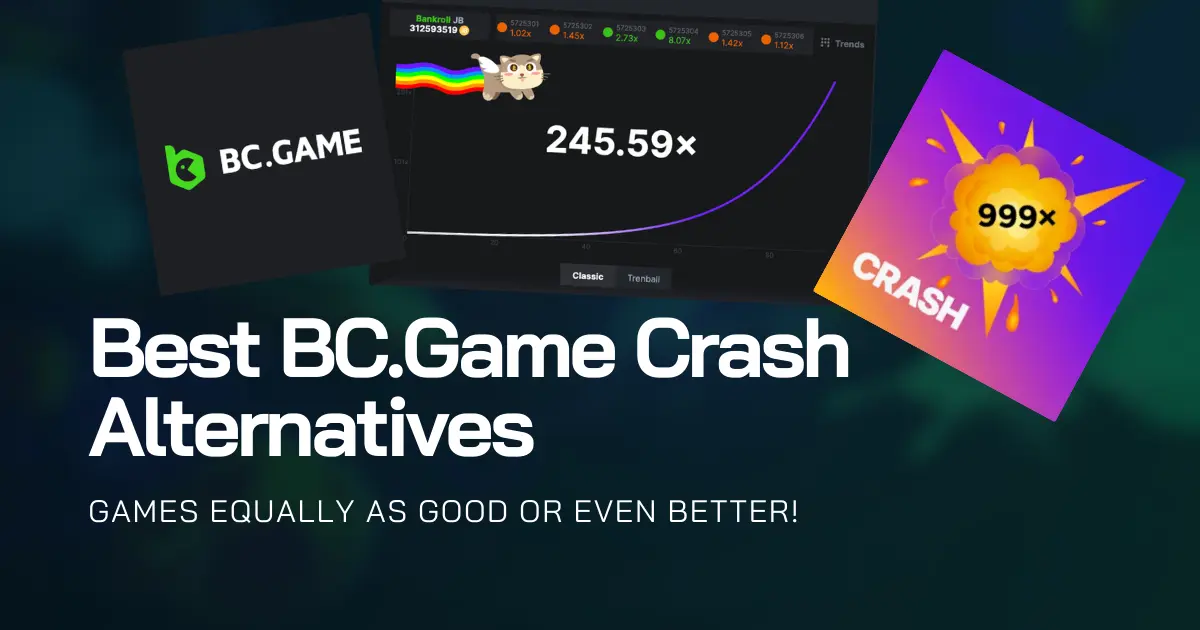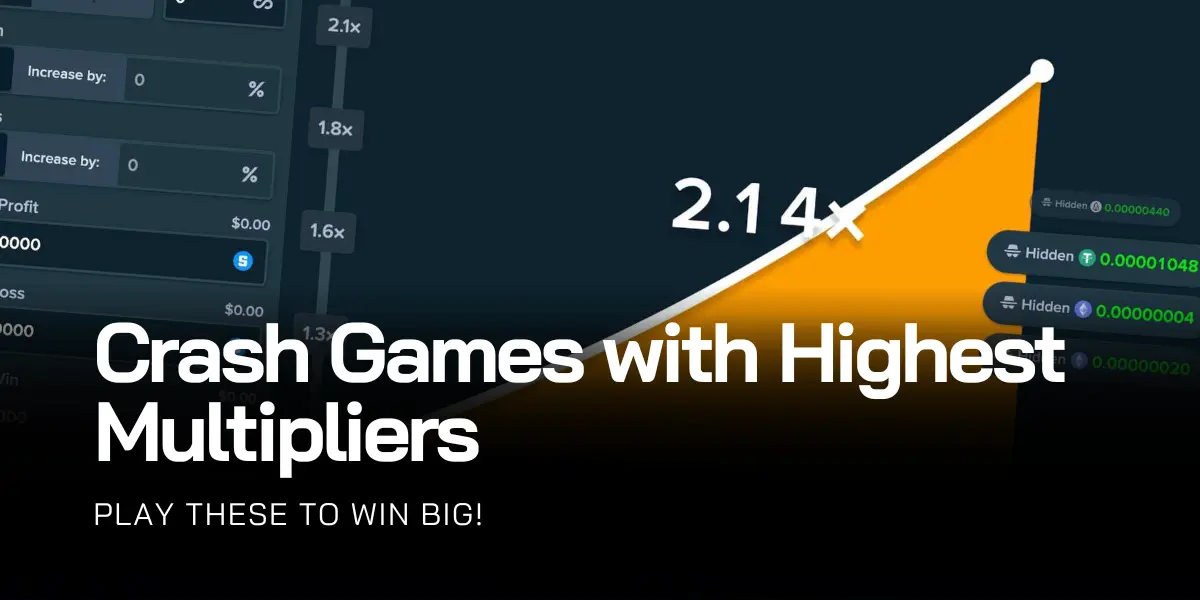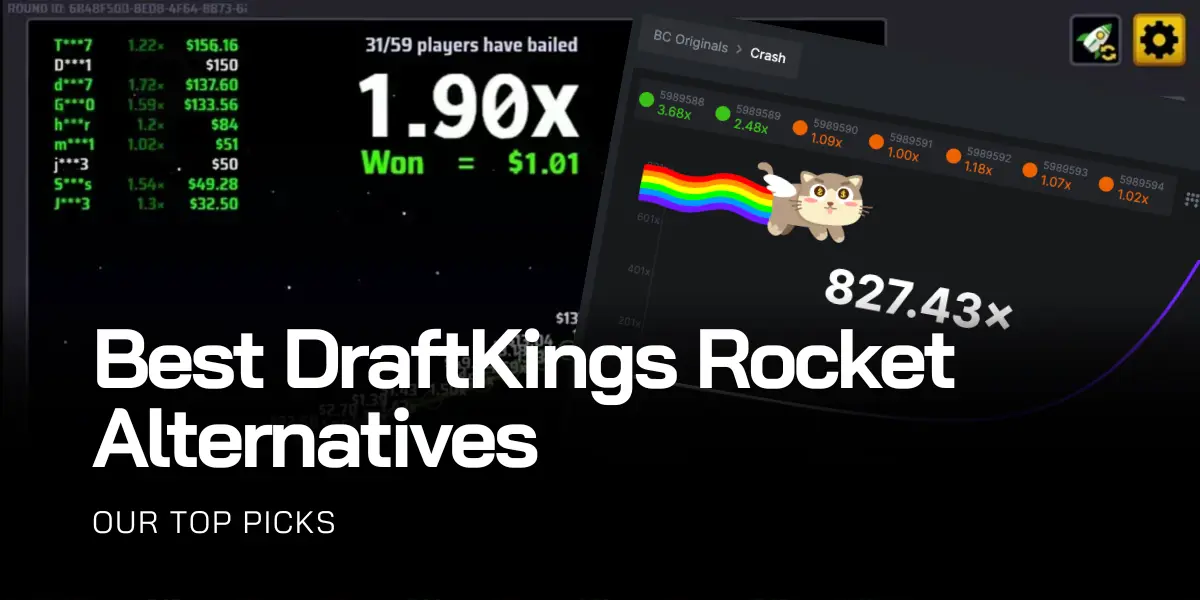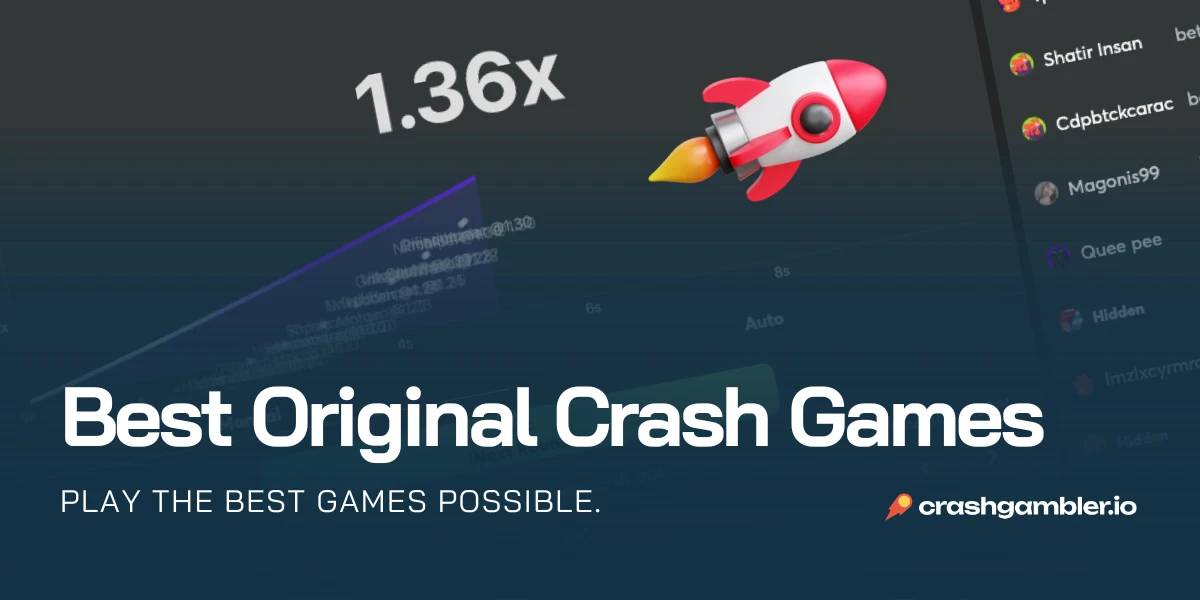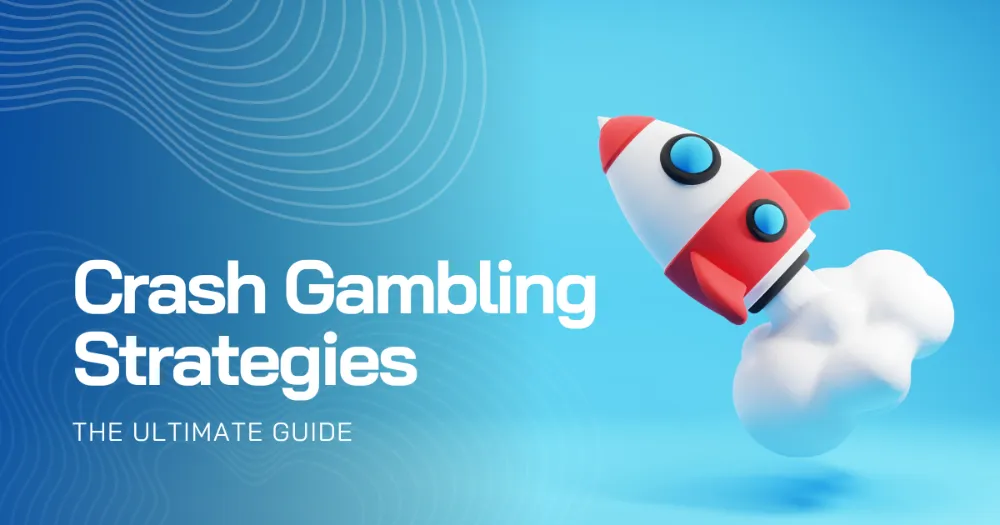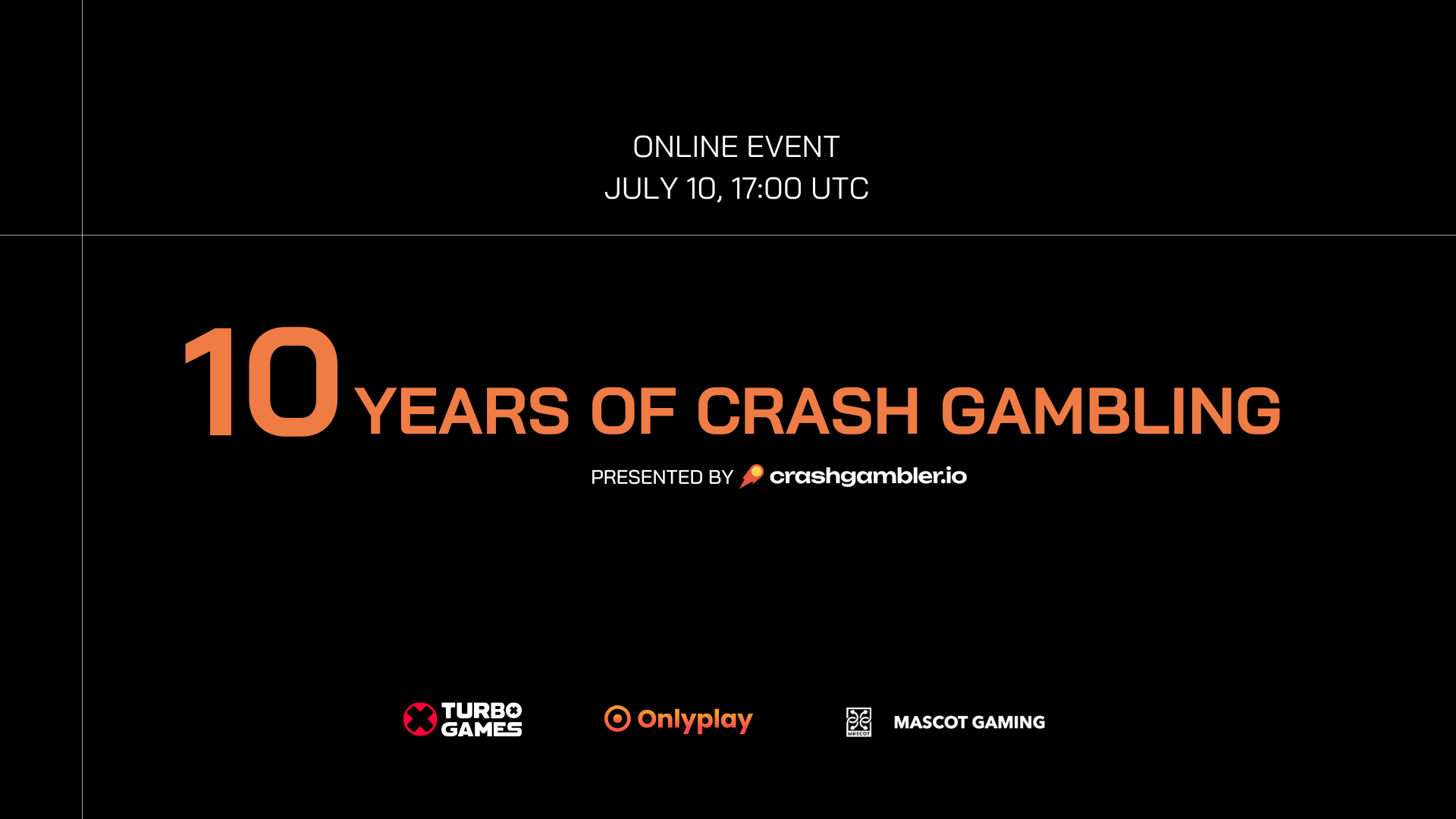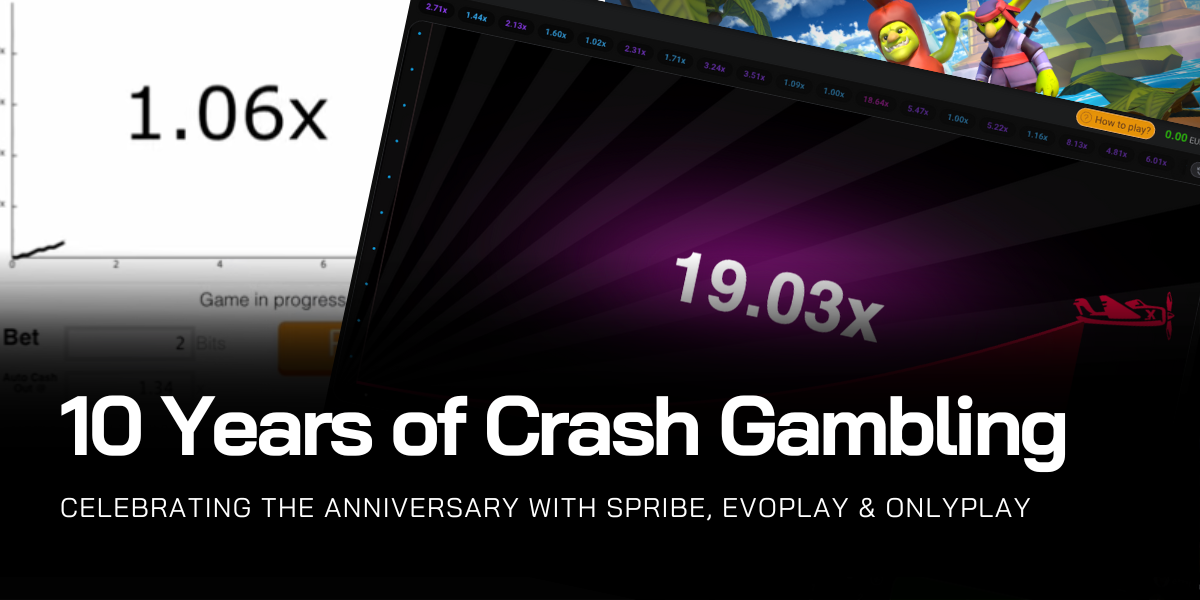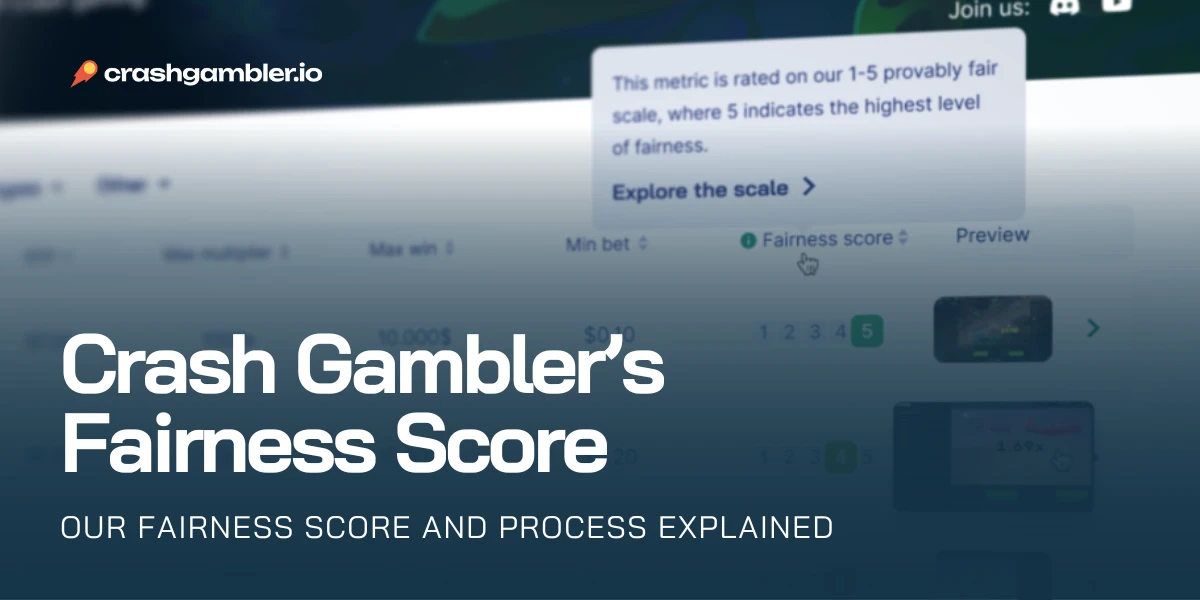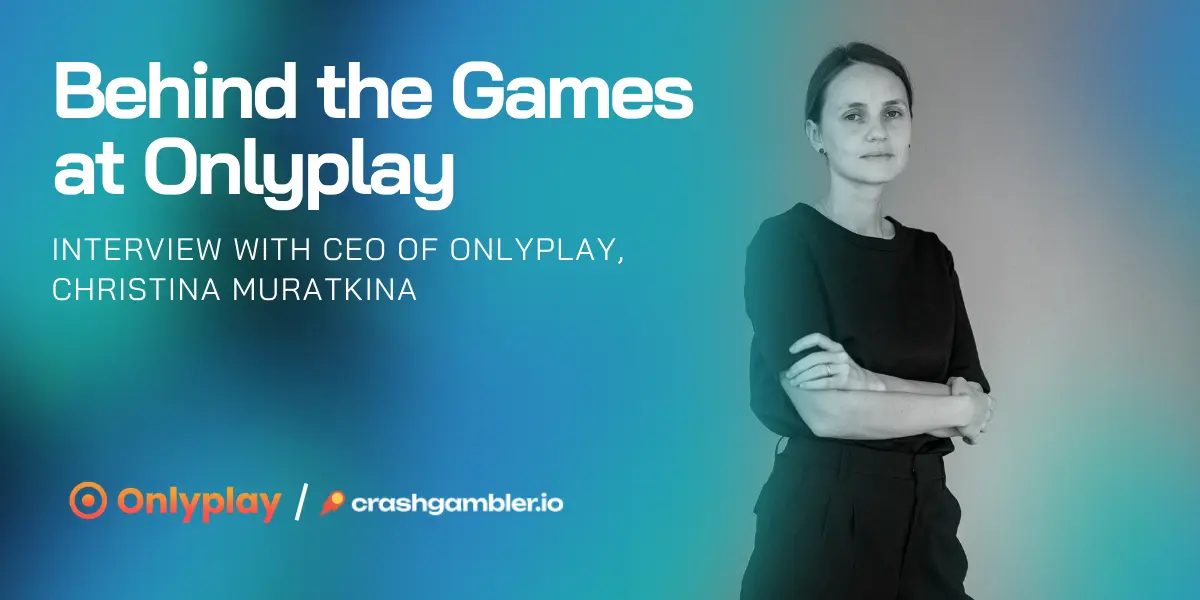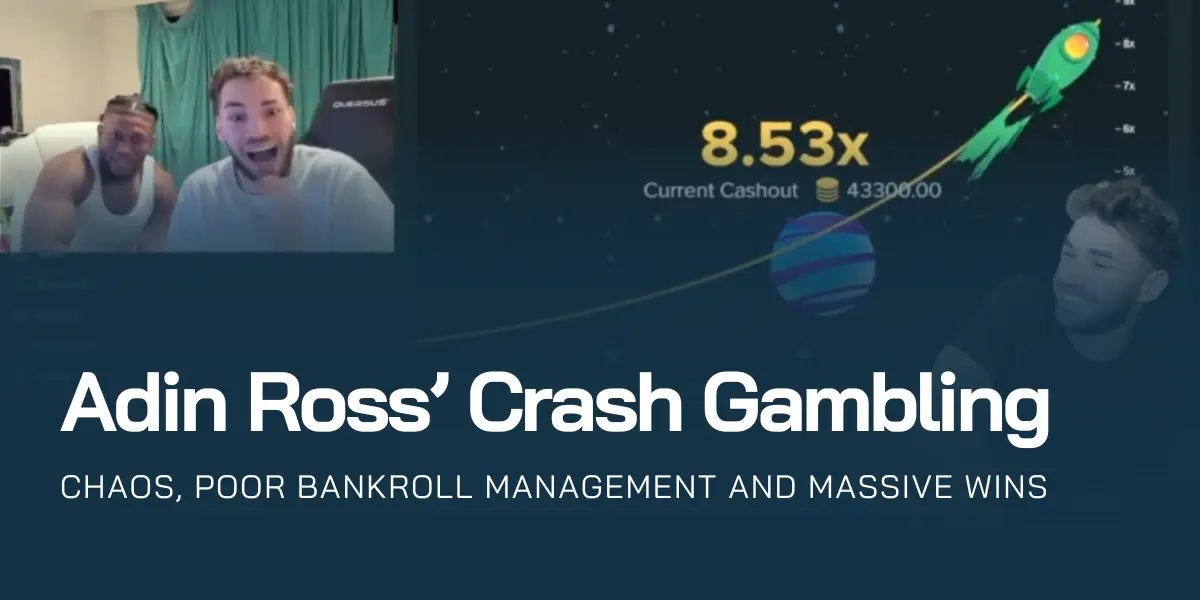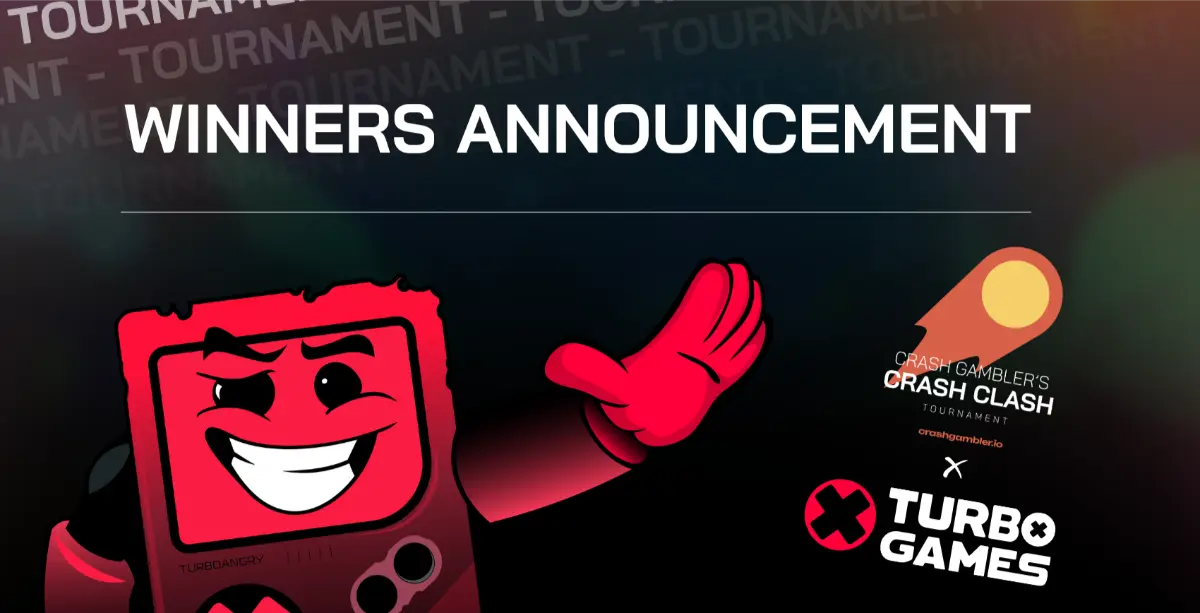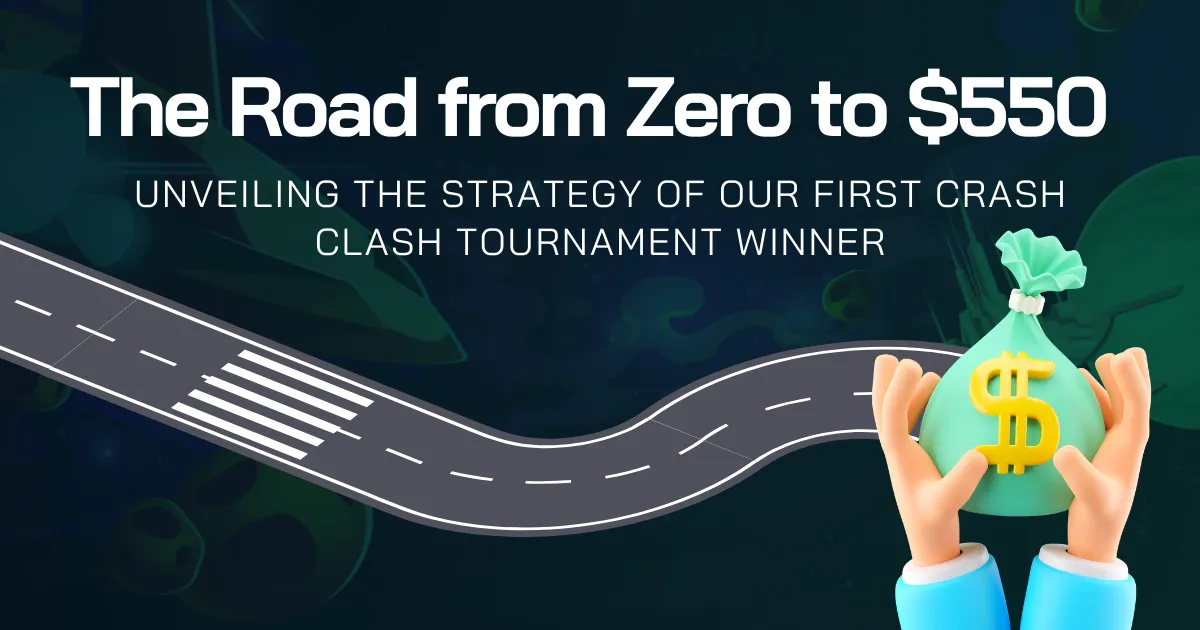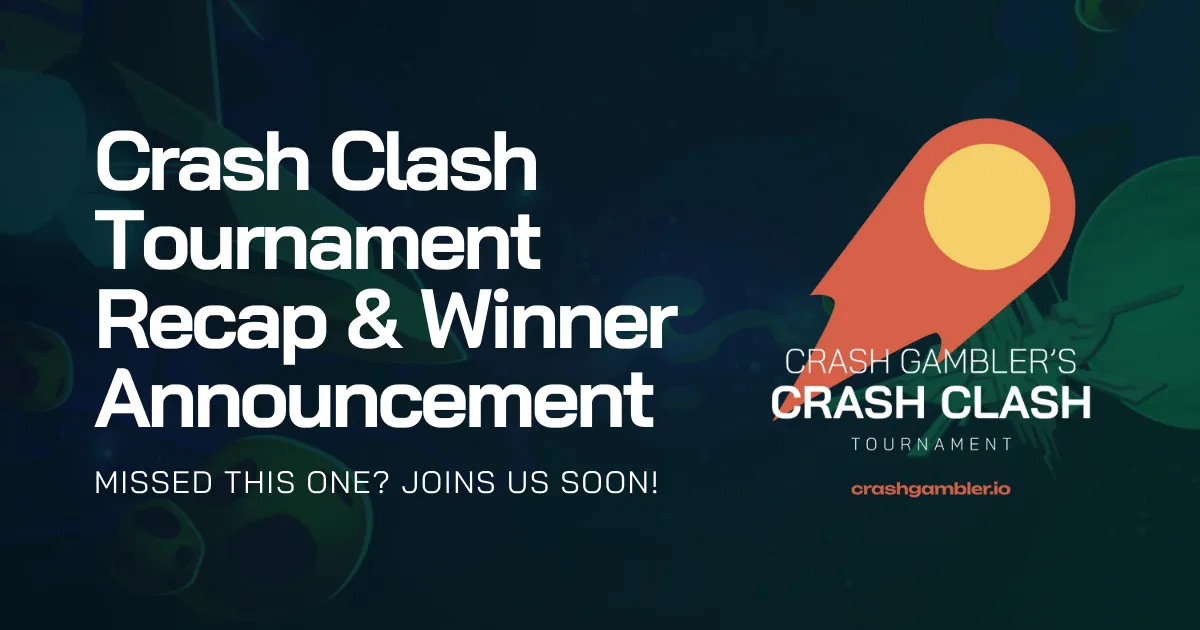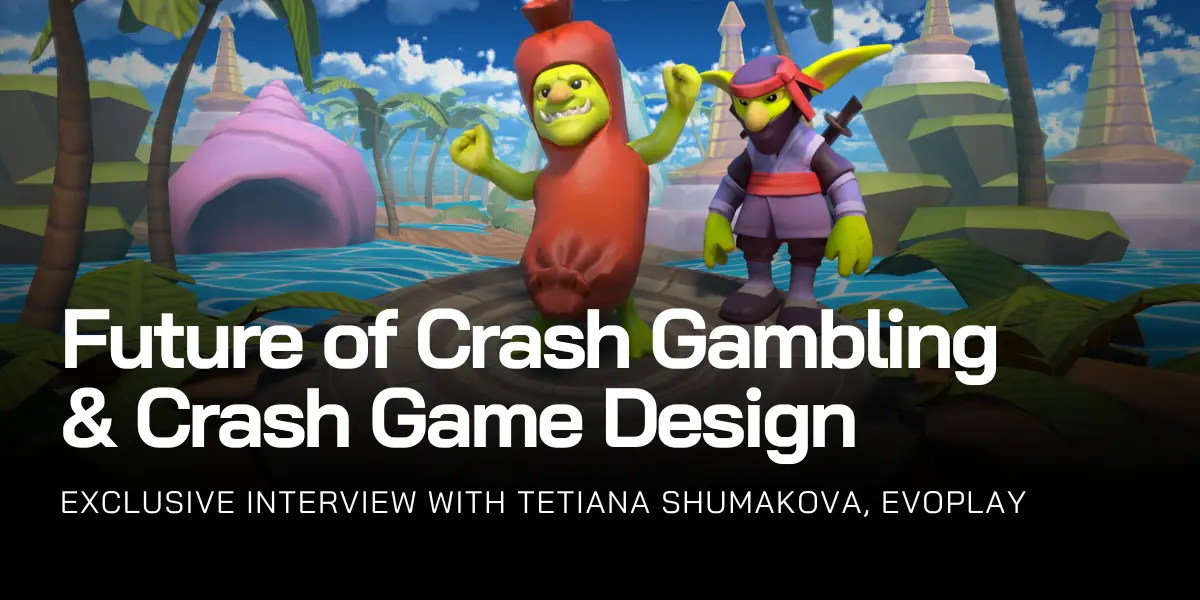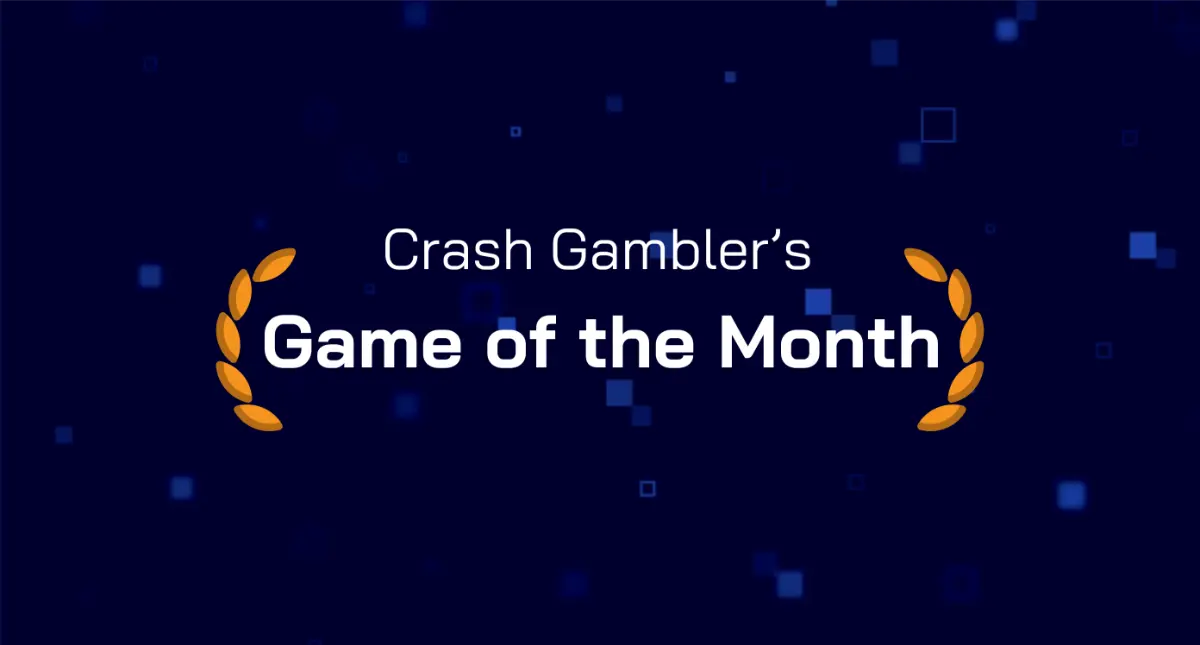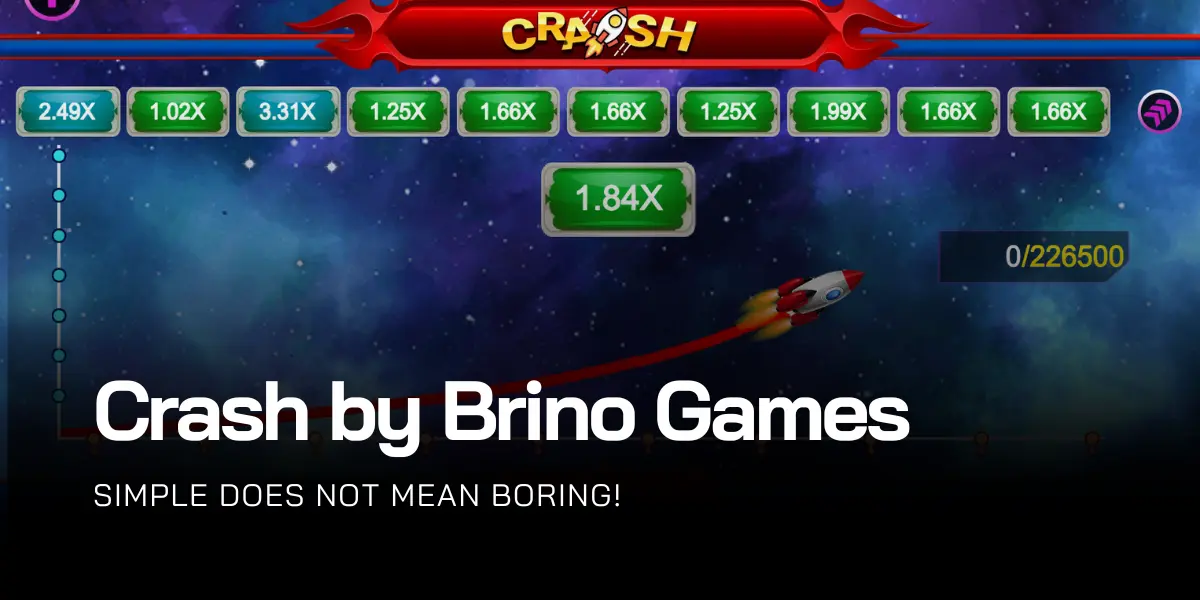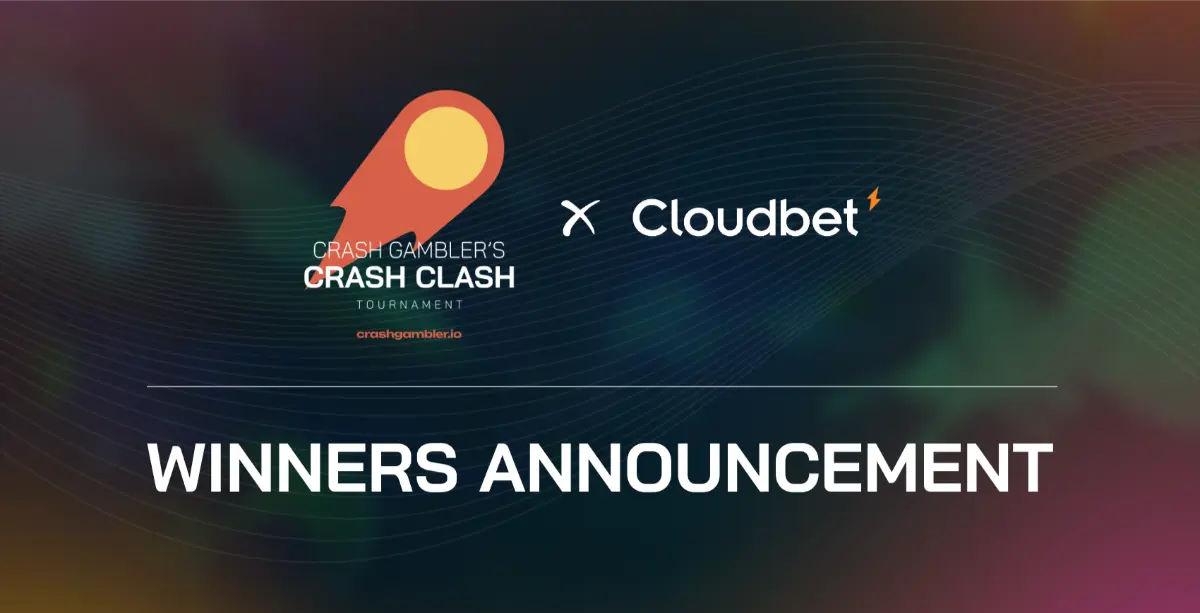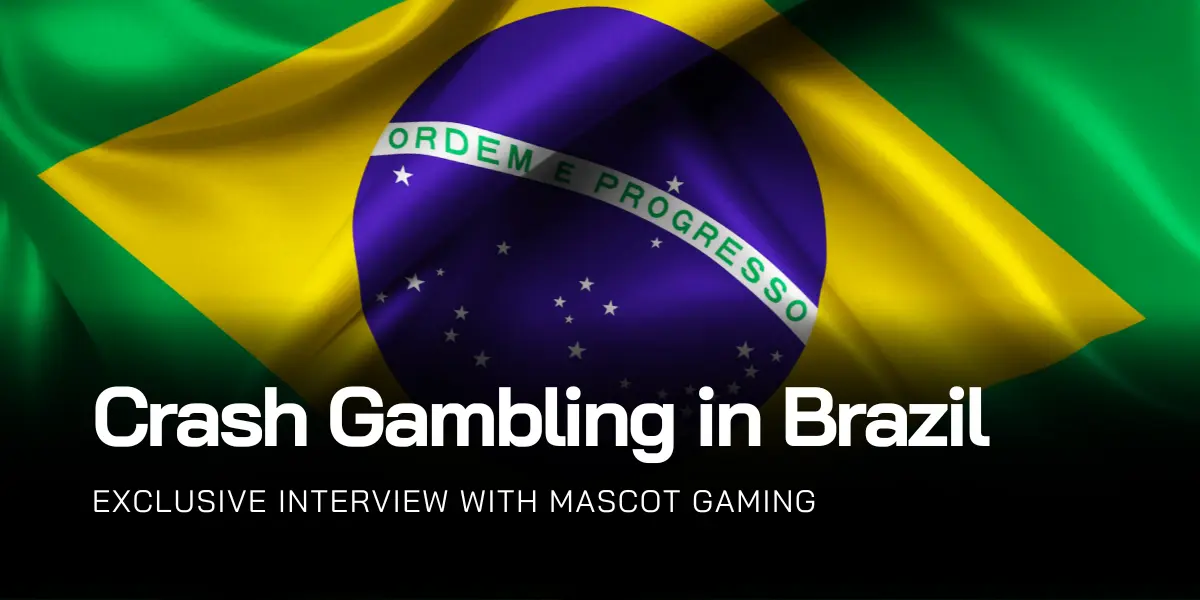
Crash Gambling in Brazil: Interview with Mascot Gaming
Crash gambling has never been bigger. This is the exact statement we made in our article on crash gambling statistics, and it holds up not only worldwide but also in Brazil.
With Brazil leading the way as the most promising market for online gambling in the upcoming years, we prepared an exploration of how crash games are impacting Brazil’s vibrant gambling culture.
Joining us to dissect this exciting topic is Mascot Gaming, a seasoned game provider specializing in crash games with deep expertise in the Brazilian market.
Brazilian iGaming Market: Current State
Before we dive into the impact of crash games in Brazil, it’s important to understand recent developments in the Brazilian iGaming market.
Since 2018, when the Brazilian National Congress approved online and land-based betting, the country has been making strides toward regulated online gambling.
The biggest change to this market occurred at the very end of 2023 (on December 30th) when Brazilian President Luiz Inácio Lula da Silva ratified Bill 3,626/2023 into Law 14.790, which established a regulatory framework for sports betting and iGaming.
This regulation is a milestone for Brazil and it’s expected to significantly transform the market throughout 2024 and beyond.
The infographic below explains all the nuances of this newly accepted regulation.
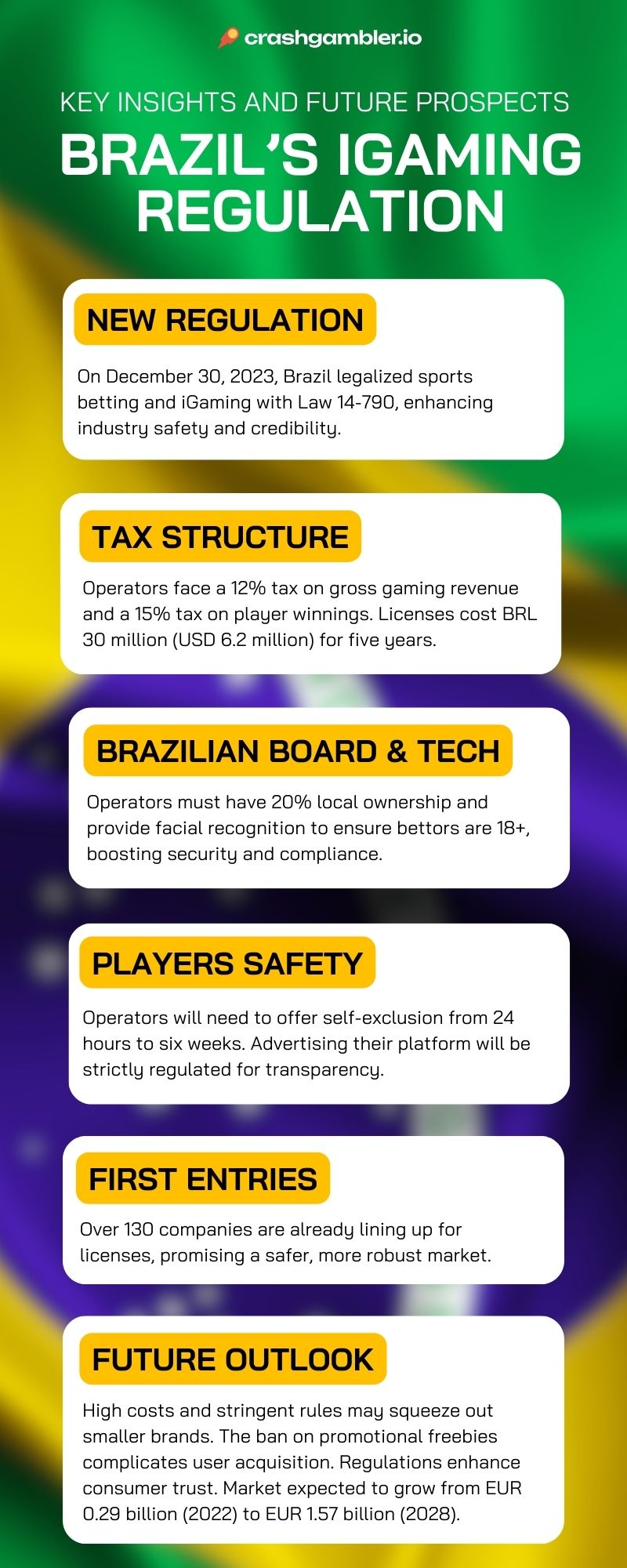
It is also important to add that the newly accepted regulation also prohibits operators from accepting credit card and cryptocurrency payments. Will this leave the doors open for off-shore unlicensed casinos? Only time will tell.
One of the concerns held by many was also which games or genres were going to be allowed on the newly licensed platforms in Brazil. According to ENV Media’s research, crash games meet the criteria set by the new regulation on the following basis:
- Crash games feature a betting mechanic where players risk a fixed amount for a potential prize.
- They offer the possibility of cashing out at any given moment before the game ends at fixed odds.
- The result of the game is based on a random future event.
This criterion was analyzed for ENV Media by Neil Montgomery from Montgomery & Associados.
The Popularity of Crash Games in Brazil
To say that crash games are ‘Big in Brazil’ is an understatement.
According to a study and data revealed by KTO Casinos’s own Head of Research, Svilen Madjov, crash games contributed to more than half of KTO casino’s top 10 games and contributed to almost 40% of total casino revenue.
Considering crash games are a much smaller game genre than slots, these numbers definitely showcase their popularity.
Furthermore, crash games were played by approximately two-thirds of all the active gamblers on the KTOs platform.
As expected Aviator by Spribe dominated the popularity charts, but other popular titles like Spaceman by Pragmatic Play, Football X by Smartsoft Gaming and JetX by Smartsoft Gaming have quickly made their way onto the top 10 games on KTOs platform.
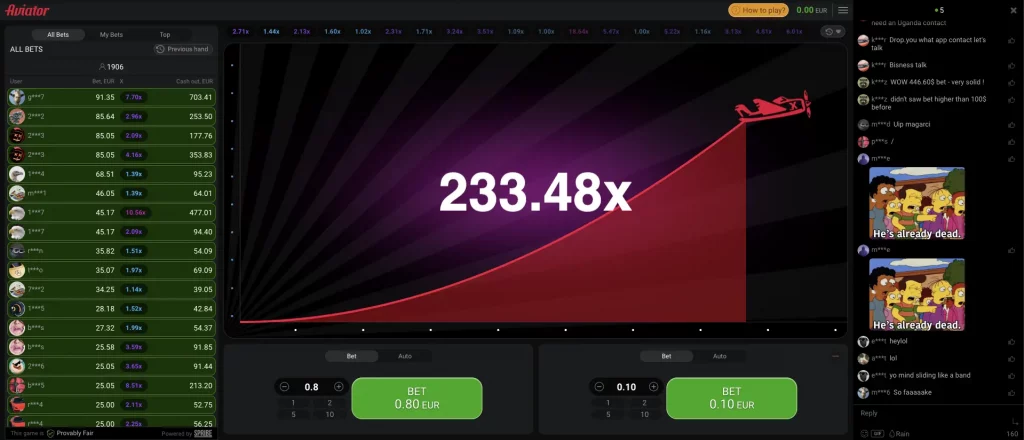
At the same time, KTO was not the only platform recognizing the big impact of crash games on its business. In December 2023, a national TV advertisement from Blaze Casino caused controversy by promoting its game called ‘Crash’.
Blaze Casino’s promotional campaign included both D-list influencers and A-listers like the Brazilian football star Neymar.
After allegations of wrongful withholding of funds, underage gambling and fraud by Blaze casino, the case reached national levels. The general popularity of these new airplane casino games also sparked additional interest.
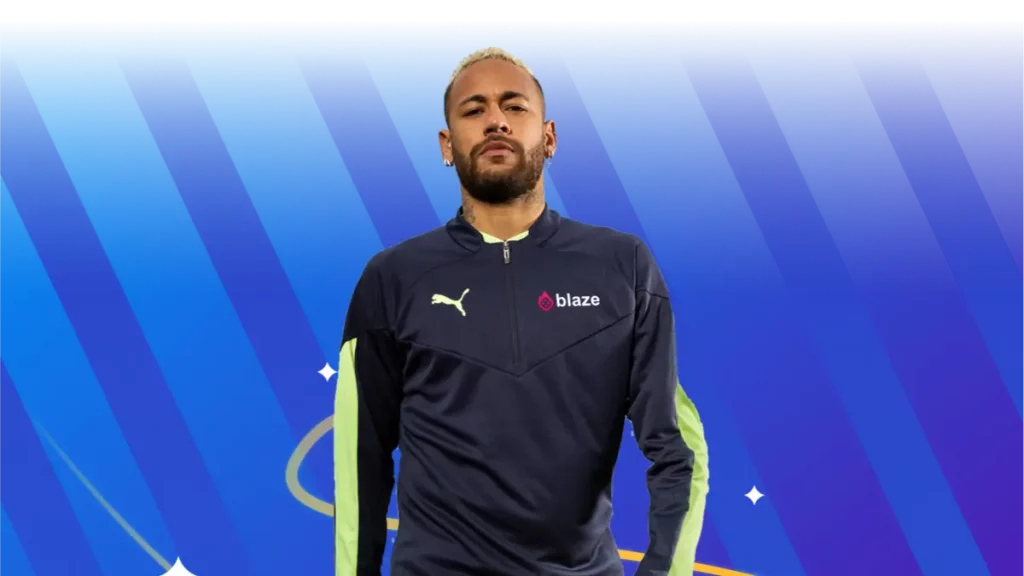
Despite the controversy, Blaze Casino is still happily operating in Brazil and supporting just about any influencer willing to work with them. One thing is certain: bad publicity is still publicity, and it seems like crash gambling has never reached higher levels in Brazil.
To better understand the popularity of crash games in Brazil, we’ve sat down with Mascot Gaming, a casino game provider with expertise in the Brazilian market.
Mascot Gaming on Crash Gambling in Brazil
By having first-hand expertise on the topic at hand, Mascot Gaming’s head of business for Latin American markets, Jaime Carvajal, was the perfect fit for our conversation.
With more than 13 years of international work experience in business expansion, Jaime Jaraval shared numerous insights into the Brazilian iGaming market, specifically the crash game genre.
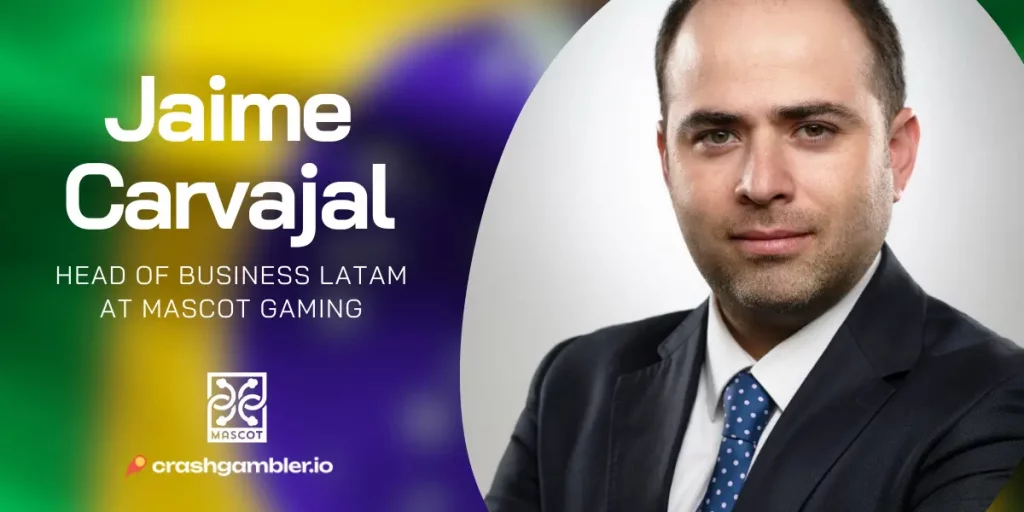
Jaime, thank you for joining us for this conversation. How do you perceive the recent surge in popularity of crash gambling in Brazil, and what factors do you believe have contributed to this trend? Are there any aspects of crash games that really resonate with Brazilian players?
Absolutely, the evolving gaming landscape in Brazil is heavily influenced by its young demographic, who often dictate the trends and preferences in the digital entertainment space. This younger audience tends to favor quick, action-packed games that provide instant gratification and are easily consumable in short bursts.
The rapid pace and the high-stakes nature of crash games cater to the excitement and risk-taking propensity that is characteristic of younger players. They enjoy the adrenaline rush of making split-second decisions that could either result in a significant win or a total loss.
In essence, the rise of crash gambling in Brazil is not just about the availability of new gaming technologies or economic factors; it’s also deeply connected to the cultural shift towards faster, more immediate forms of entertainment, driven by a vibrant and youthful audience eager to shape the future of gaming.
Other important aspect of this “wave” from the crash games is due to the relevance of the social media, especially in terms of promotions via influencers and public figures.
The providers and operators understood this cultural aspect from the brazilian market and quickly started to run campaigns within the crash games, which turned to be a very effective action to create a buzz for the new releases.
Besides that, the companies also explored affiliate programs for promotion. It helped to spread the games really fast inside the target audience.
In what ways do crash games like your ‘Paper Lanterns’ align with Brazil’s regulatory framework for real-money games, and what challenges, if any, have arisen in ensuring compliance with local regulations?
Crash games like Paper Lantern are pretty popular, but they do have to fit into Brazil’s guidelines for real-money games. Brazil is really starting to shape up its rules around online gambling to make sure everything is above board and players are protected.
The tricky part? It’s mostly about keeping up with new regulations as they come up and making sure the game adjusts to meet them. Plus, it’s important to connect with local players culturally and socially, which can be a bit of a balancing act. But overall, it’s all about offering a fun and safe gaming experience that respects the local laws.
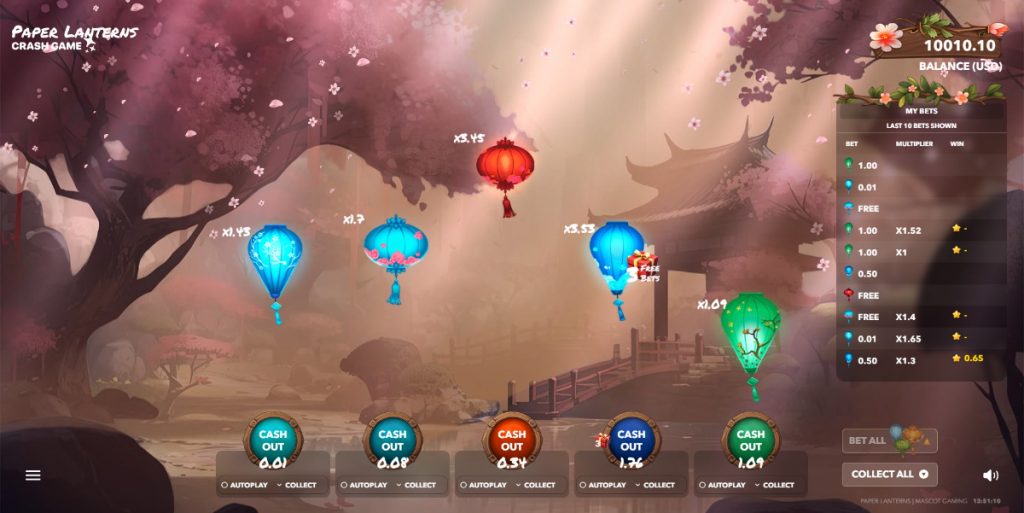
Could you provide insights into the development process of crash games specifically tailored for the Brazilian market? Are there any considerations for cultural preferences or regulatory requirements?
In developing Hamster Crash specifically for the Brazilian market, we really zeroed in on creating a game that resonated with local tastes and preferences. The gameplay is designed to be fast and exhilarating, perfectly suited for players who love engaging, quick-reward experiences.
Visually, we chose bright, lively colors and paired them with an upbeat soundtrack to enhance the entertainment value and reflect the festive, lively cultural atmosphere of Brazil. It’s all about creating an immersive environment that captures the player’s attention and keeps them coming back.
It is important to mention the preference for simpler, more suggestive games that give the idea of easy winning (which can be translated through a high HR, even with a lower RTP).
How do core features like provably fair game technology and multiplayer aspects in crash games contribute to player trust and engagement in this genre of casino games? Which features would you consider most important, both worldwide and in the Brazilian market?
Starting with probably fair technology, it’s all about transparency. This technology allows players to verify the fairness of each game round themselves, ensuring there’s no manipulation from the casino’s side. It’s crucial because, in any gambling scenario, trust is a major factor.
This kind of transparency not only builds trust but also strengthens the reputation of the game, which is vital in retaining players over time.
On the other hand, the multiplayer aspects bring an exciting social dimension to crash games. Players can see each other’s bets and outcomes in real time, which adds a layer of interaction and competition. It’s like being in a virtual room with other players, all participating in the same thrilling experience. This social feature can significantly increase how engaging the game is, making players more likely to stick around and even return with friends.
In the broader global market and specifically in Brazil, these features resonate well but for slightly different reasons. Globally, the emphasis on provably fair technology speaks to a growing demand for transparency in all online activities, including gaming.
Brazilians value community and shared experiences, so games that can recreate these social dynamics virtually tend to have a stronger appeal.
So, whether we’re talking about trust through transparency or engagement through social interaction, these features are fundamental to the success of crash games in the casino genre, both in Brazil and around the world.
Considering the evolving nature of the gaming industry, what opportunities and challenges do you foresee for crash and casino game providers operating in the Brazilian market? Are there any other markets you are particularly interested in entering?
First off, Brazil’s gaming scene is just booming. There’s a huge crowd of enthusiastic gamers there, and with more structured regulations coming into play for online gaming, it opens up a lot of doors for us to bring in new and engaging crash games.
However, it’s not all smooth sailing. The regulatory landscape in Brazil is still forming and can be pretty complex to navigate. Ensuring compliance as laws evolve is a bit of a moving target. Plus, really connecting with Brazilian players means going beyond just translating games into Portuguese. We need to weave in local flavors and themes that resonate on a deeper level with their culture.
As for other markets, we’re eyeing expansion into other Latin American countries like Argentina and Mexico, where there’s a similar zest for gaming.
In each of these markets, the goal is to not just launch a game but to create experiences that are socially engaging and respect the local gaming traditions. It’s about adapting to each market while keeping the fun and excitement of crash games at the forefront.
Lastly, we want to give you the opportunity to share with our community of crash gamblers any exclusive news or takes you have on crash gambling. What can our readers expect from Mascot Gaming in the future?
Absolutely, here’s what players can definitely expect from us at Mascot Gaming in the near future. We’re committed to expanding our lineup of crash games even further.
We’re also planning to roll out some exciting new features in our games. While I can’t spill all the details just yet, I can assure you that these features will enhance the gameplay experience, making each game even more thrilling and engaging. So, keep an eye on what we have coming up; it’s going to be a great time for fans of crash games!
Crash Gambling’s Future in Brazil
The rise of crash gambling in Brazil highlights the country’s evolving gaming landscape and the player’s desire for fun and engaging gambling experiences.
With a structured regulatory framework and a young, enthusiastic demographic, the market presents substantial opportunities.
As the market grows, the importance of transparency, fairness, and social engagement in crash games will be crucial. This can be noticed in the majority of markets where crash gambling already left a significant imprint.
Despite challenges in navigating regulations and aligning with cultural preferences, companies like Mascot Gaming are poised for success by offering games that both speak to the players and fulfill the requirements of the ever-changing legal landscape.

